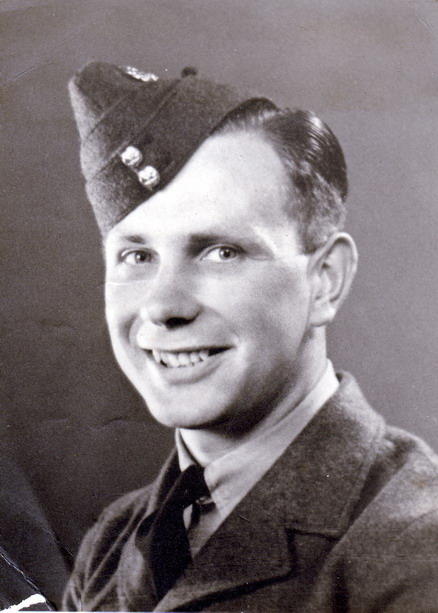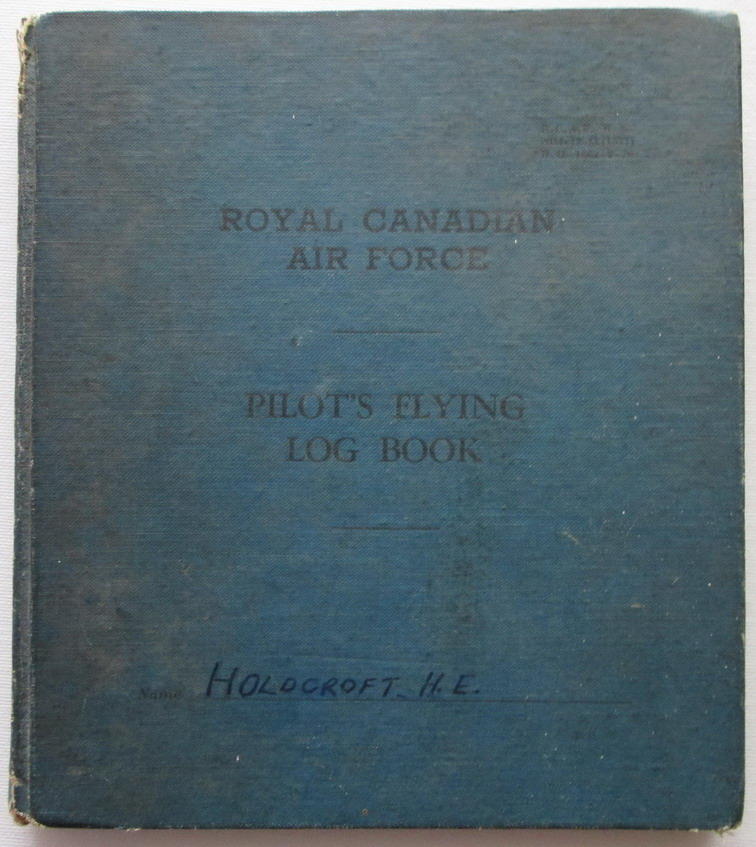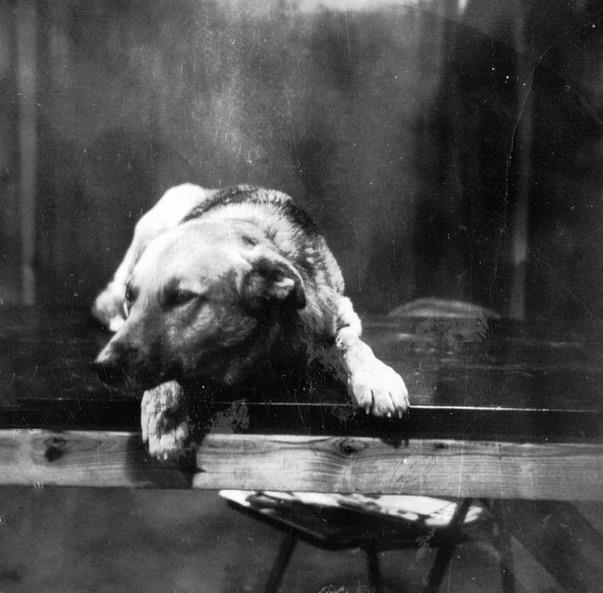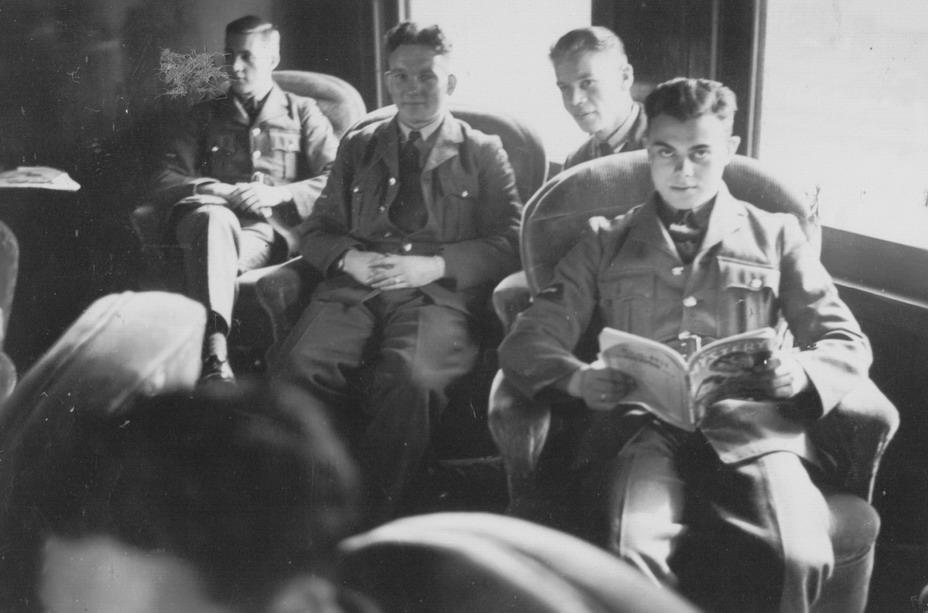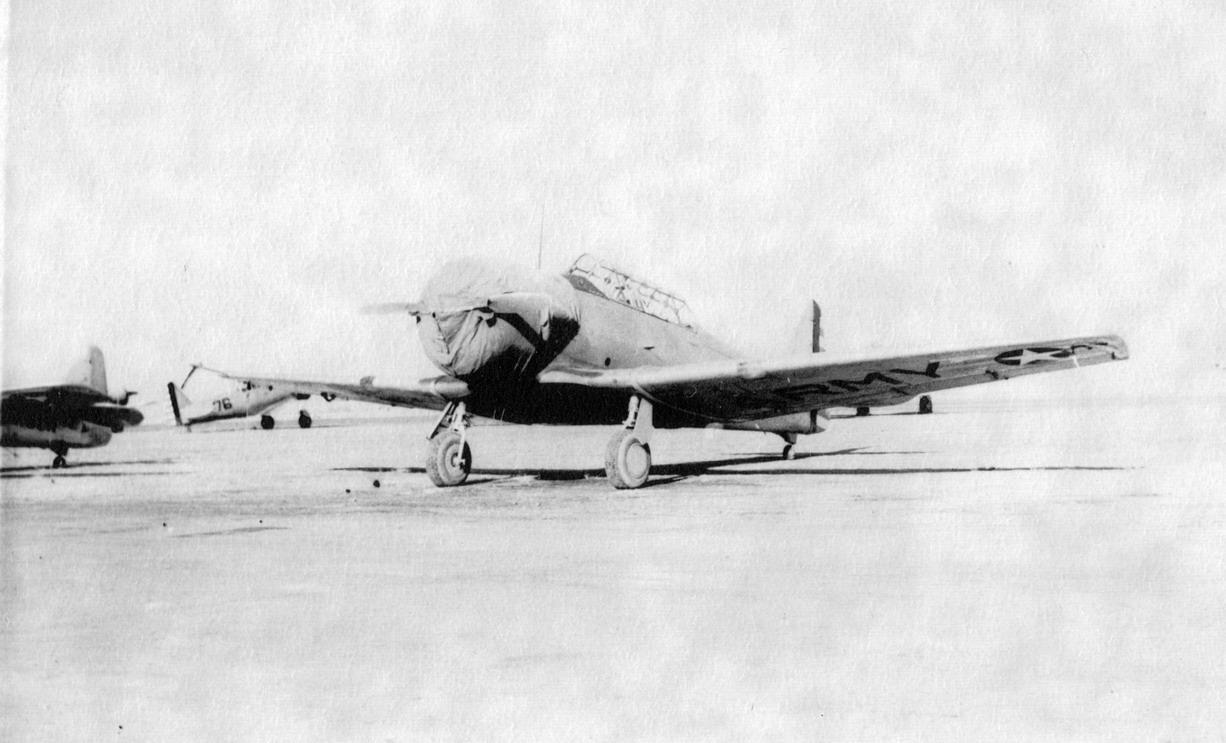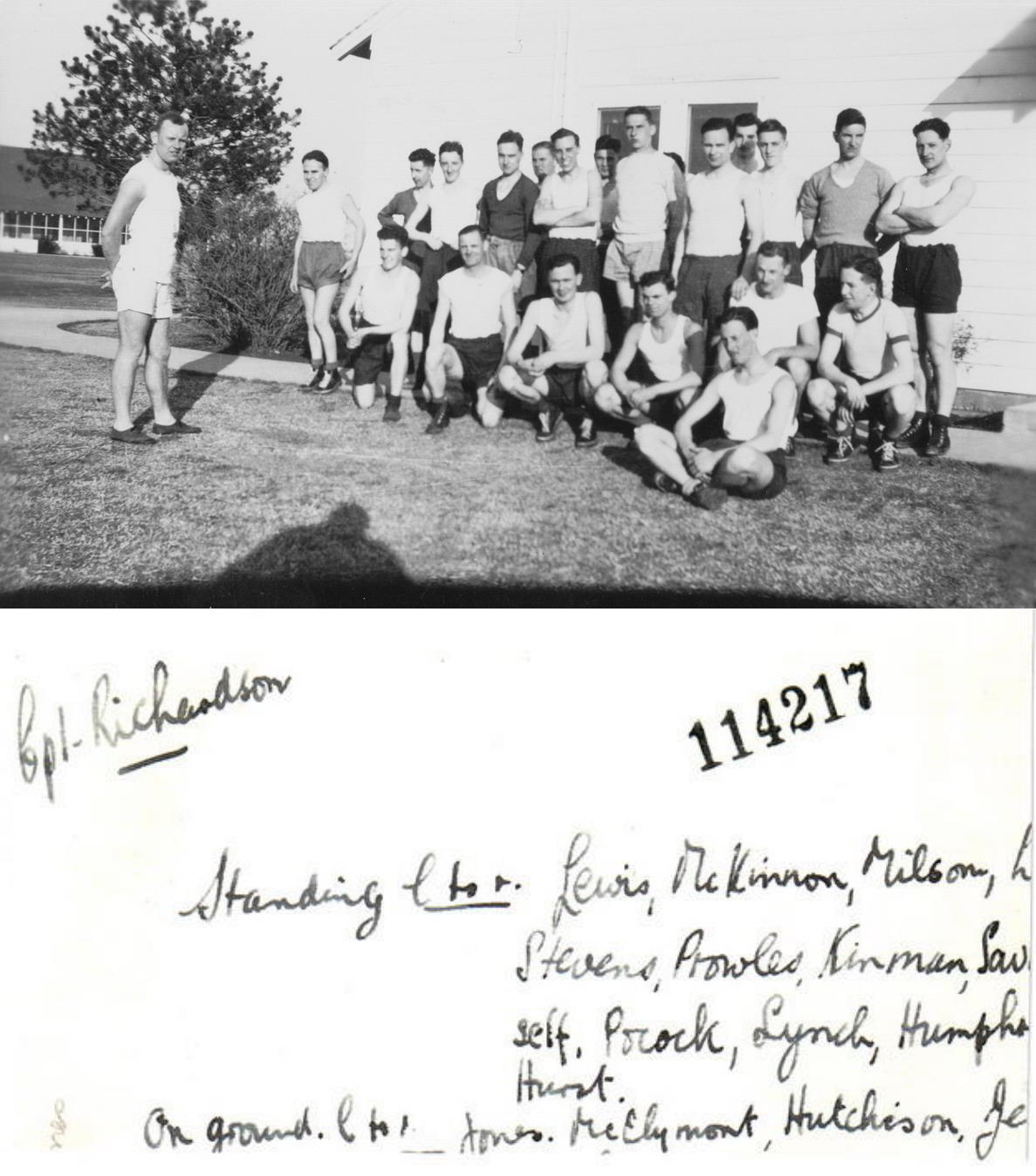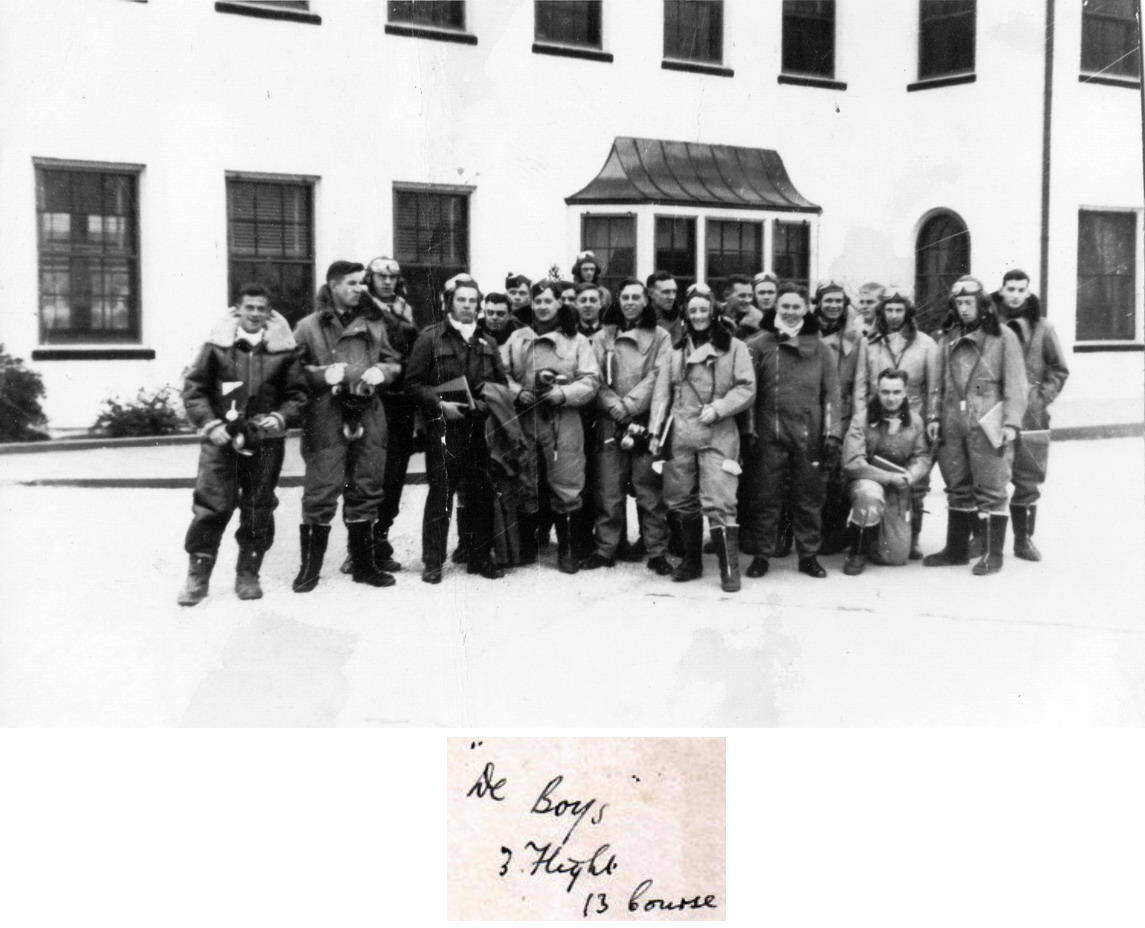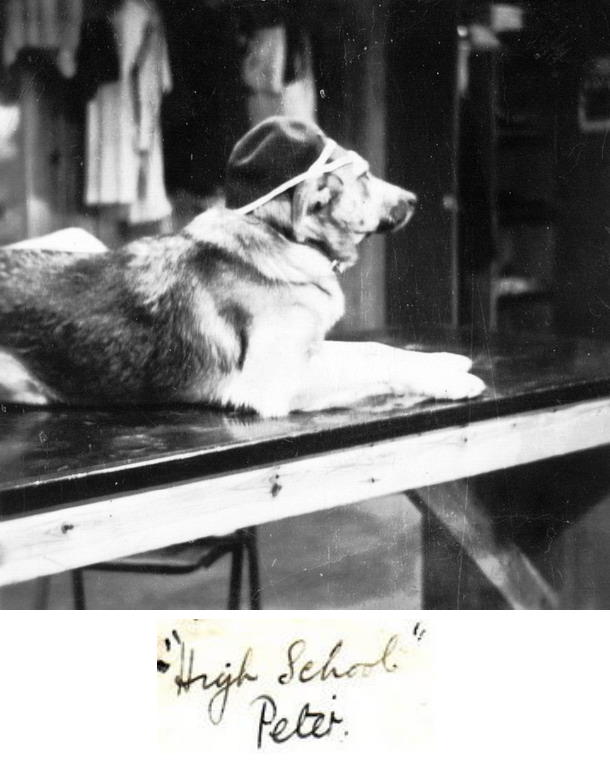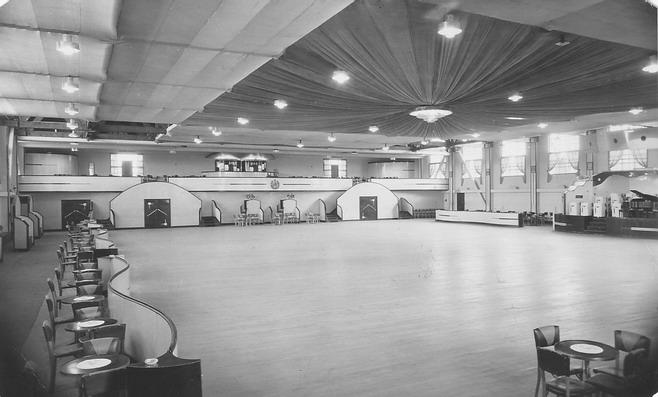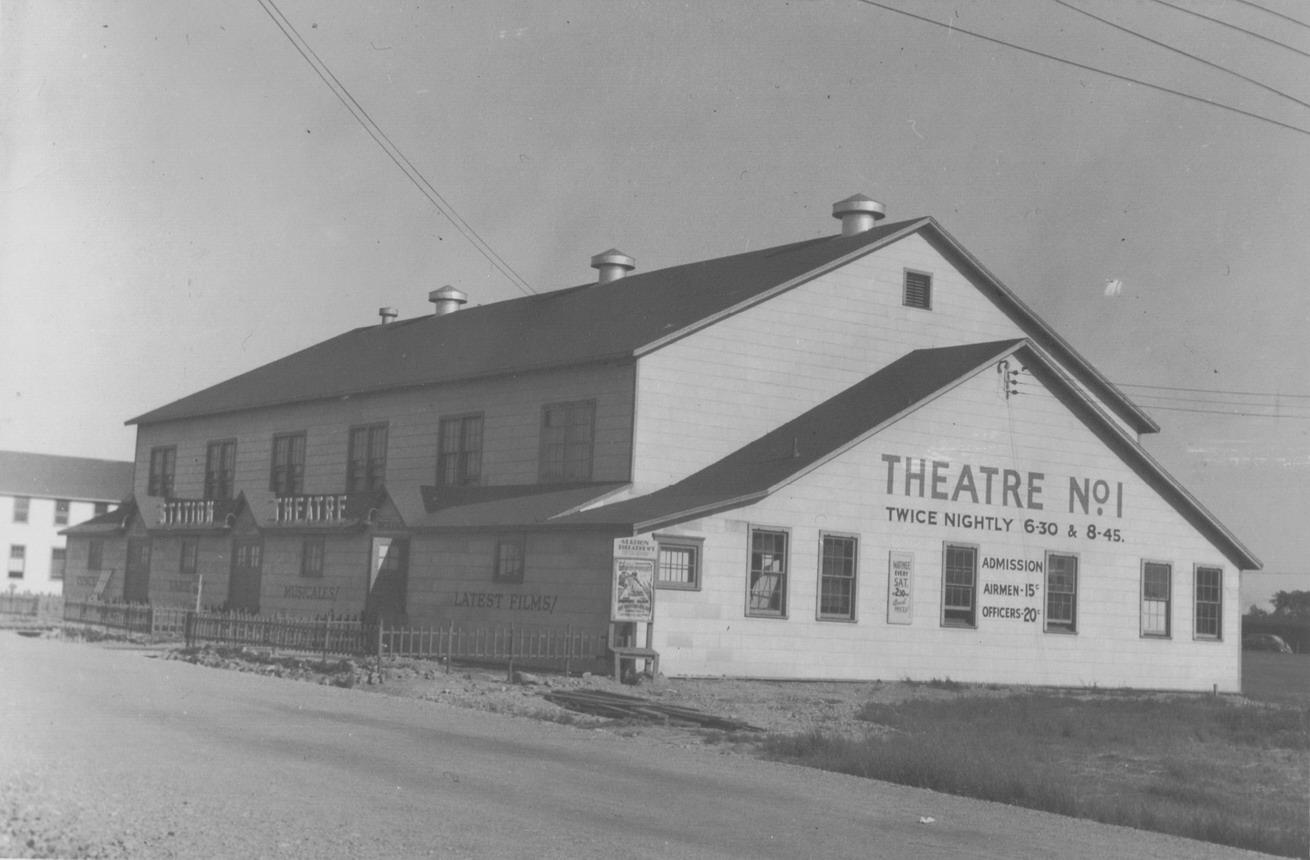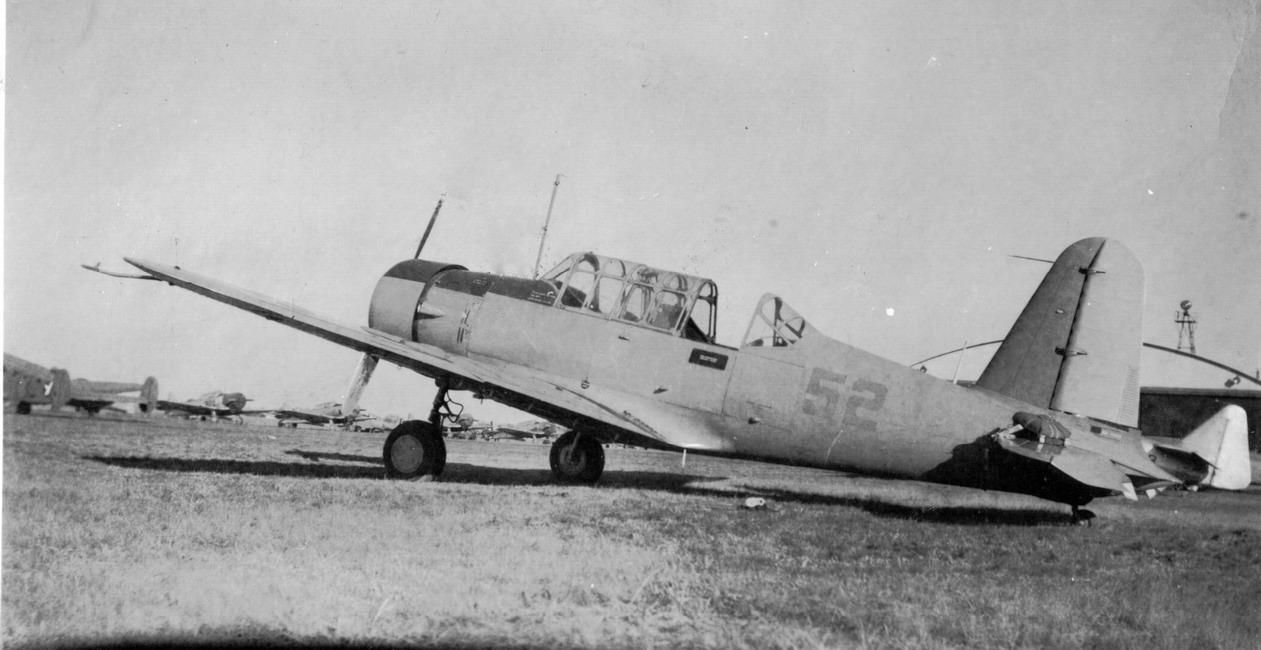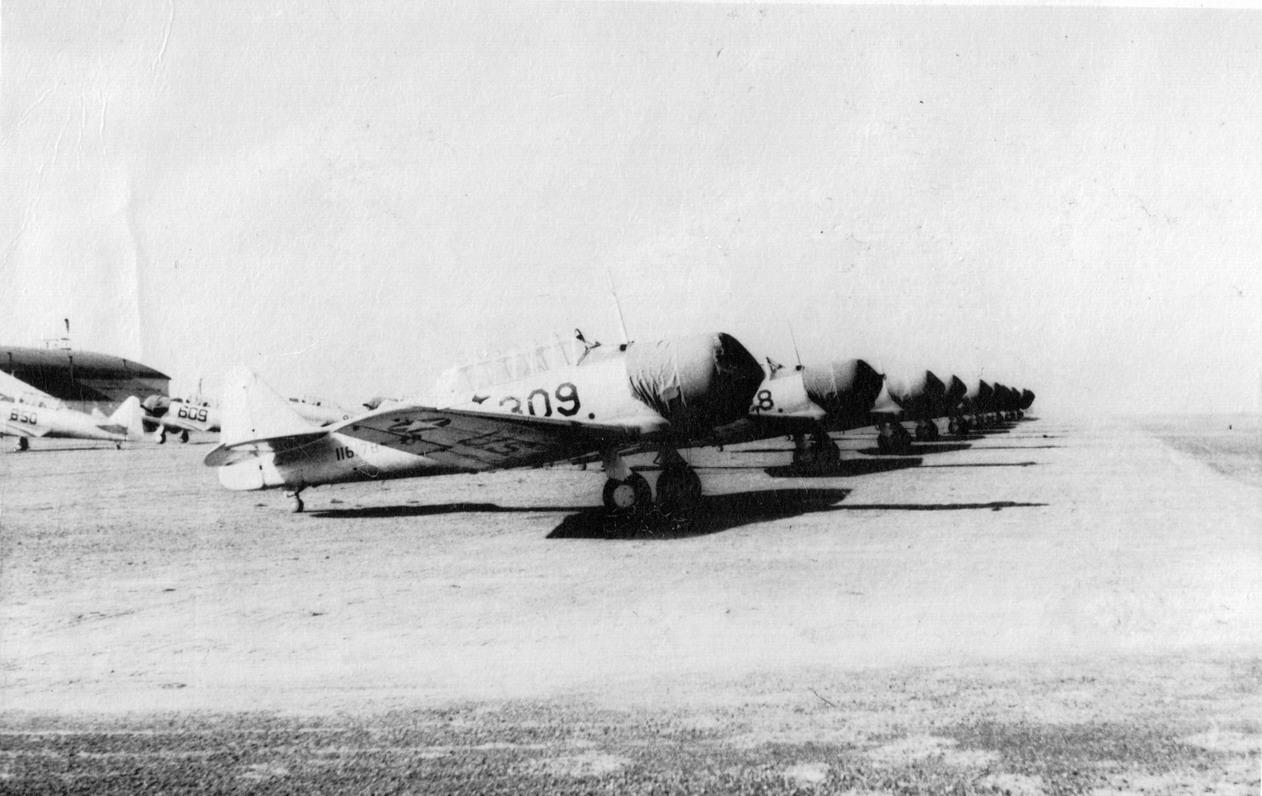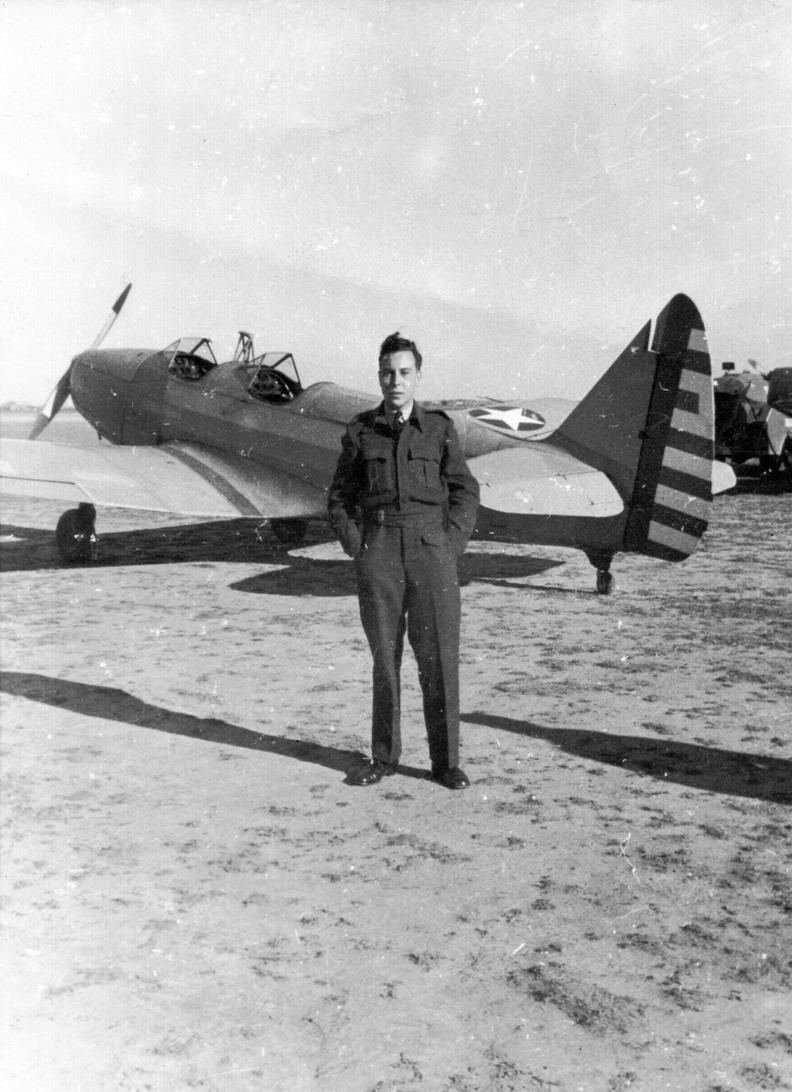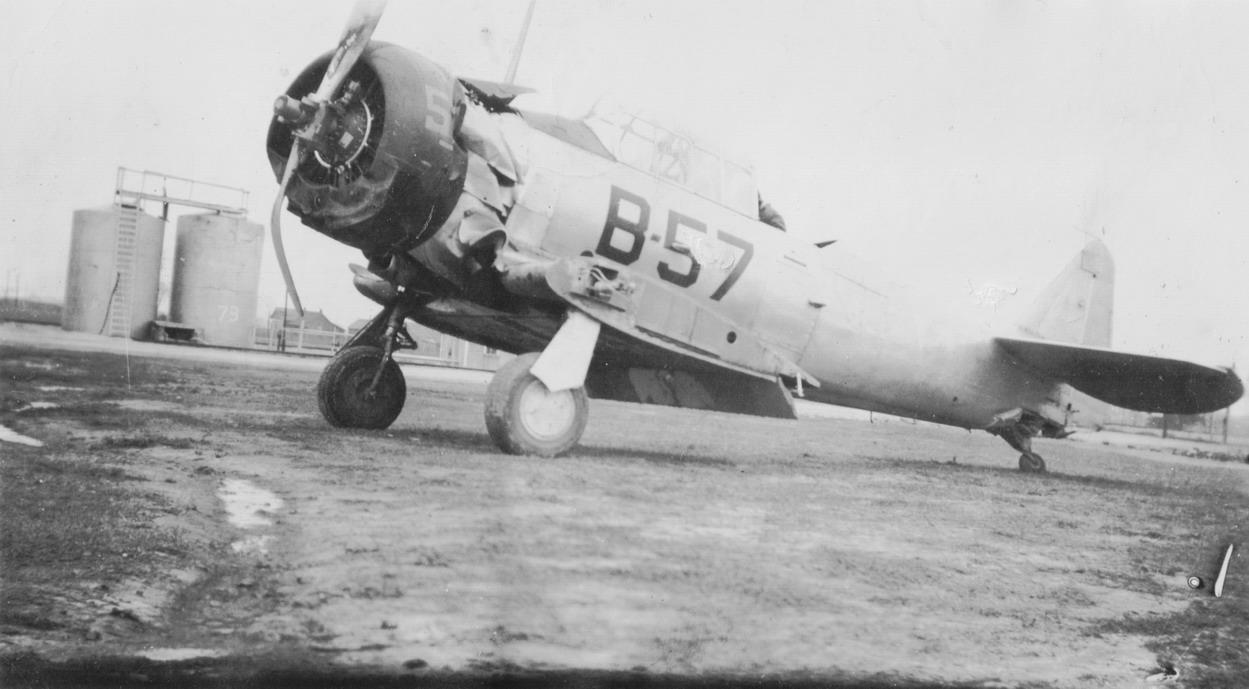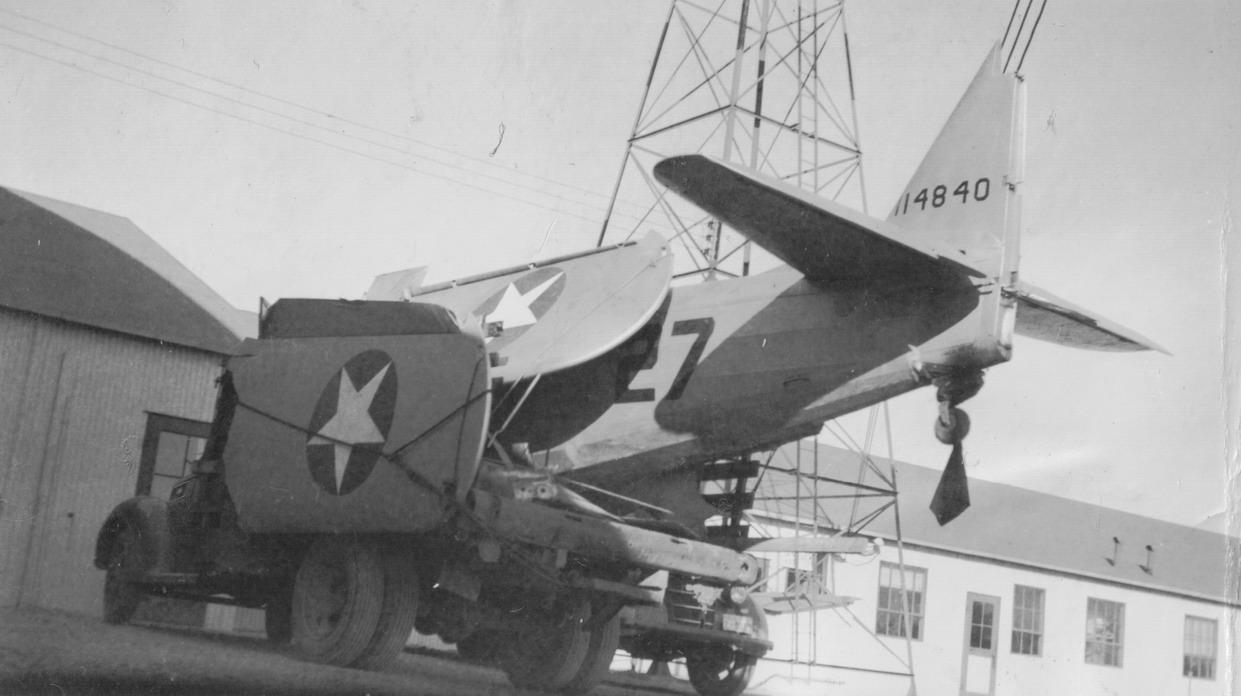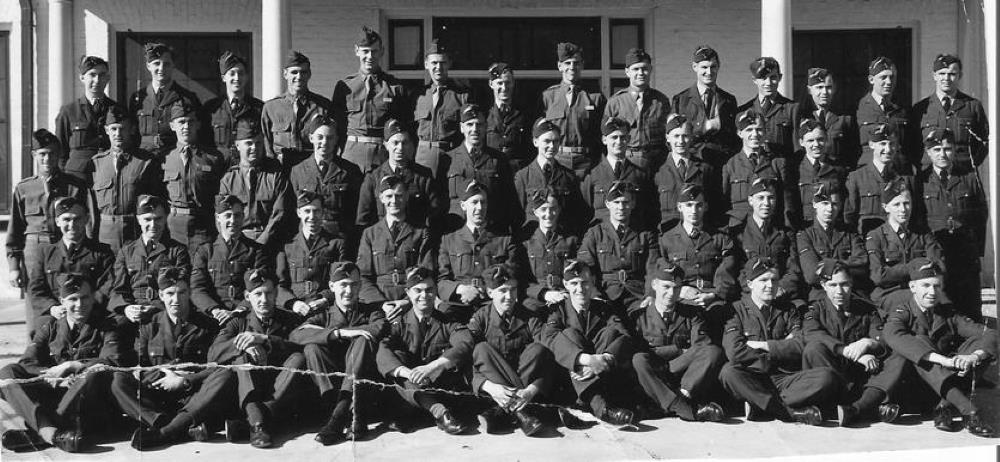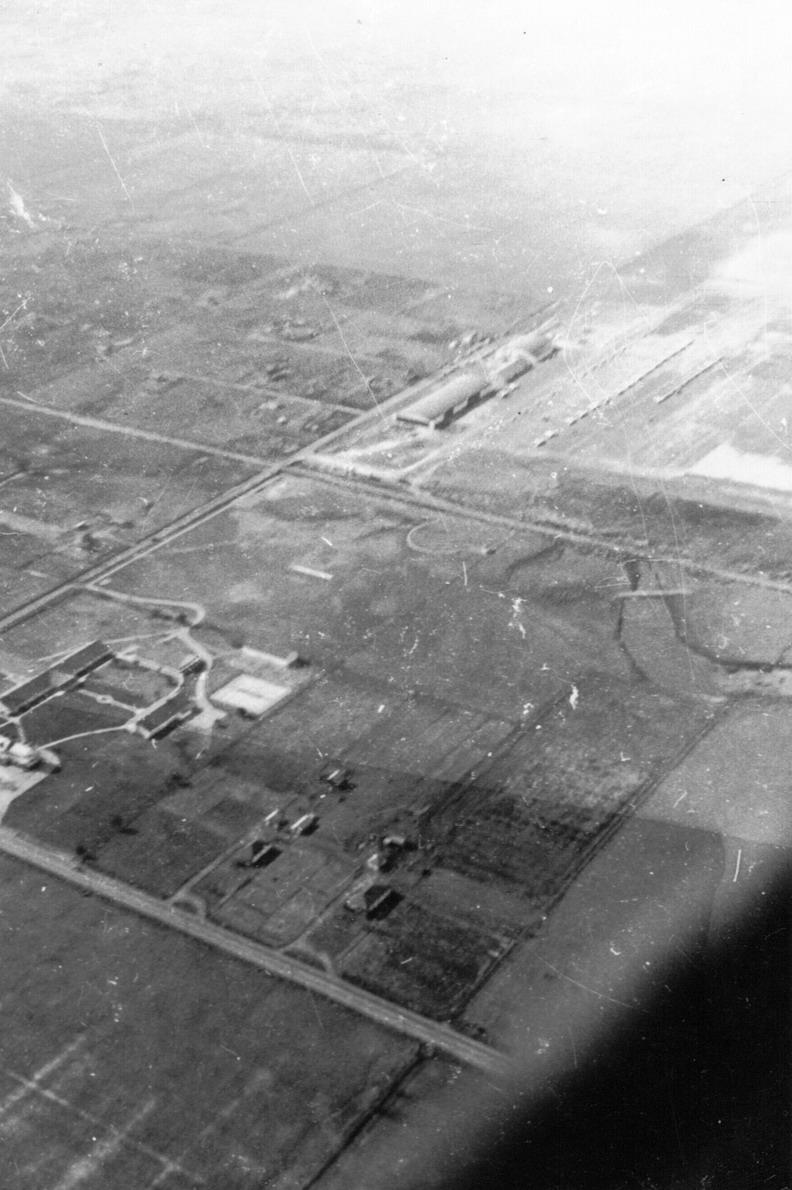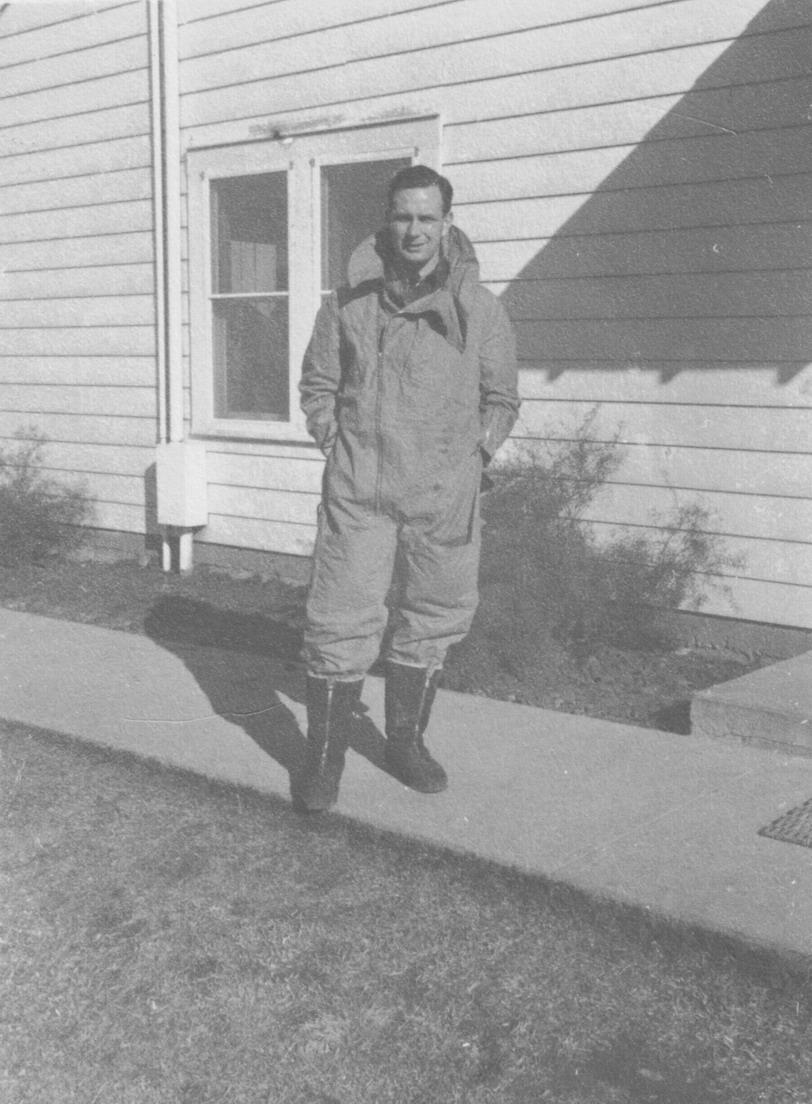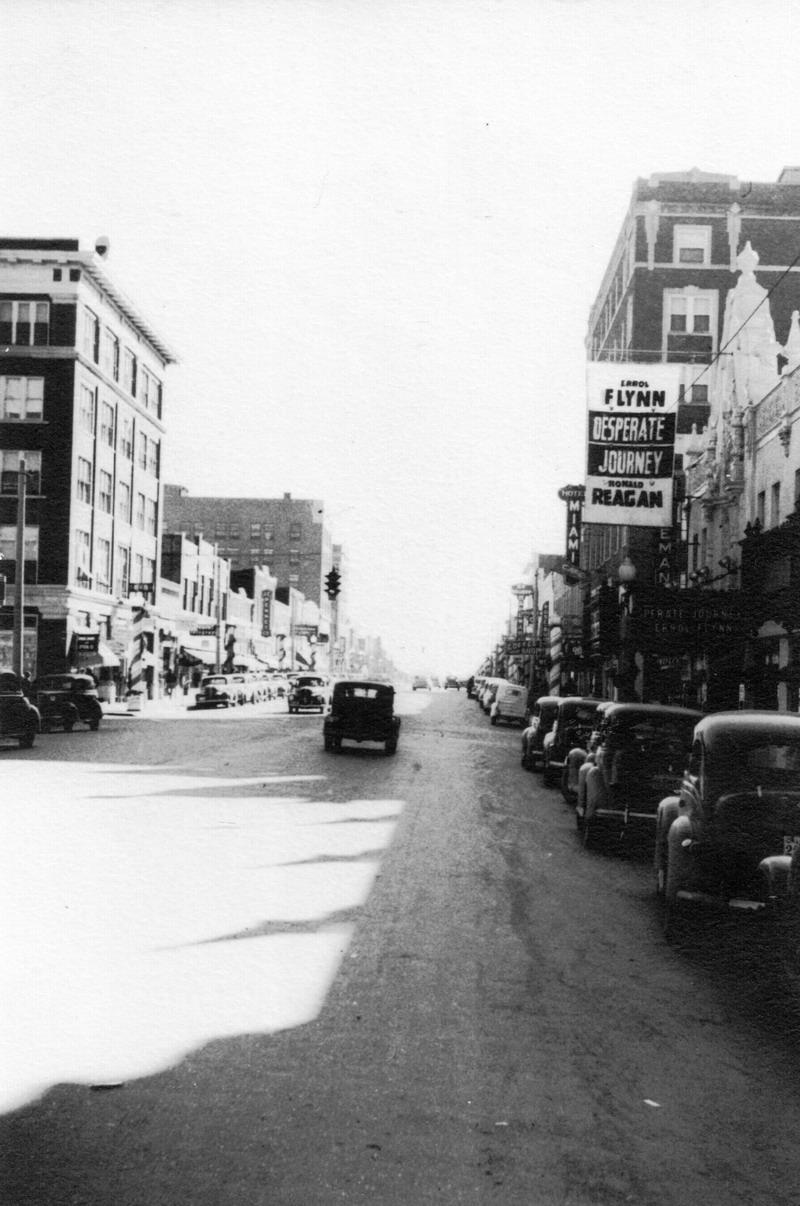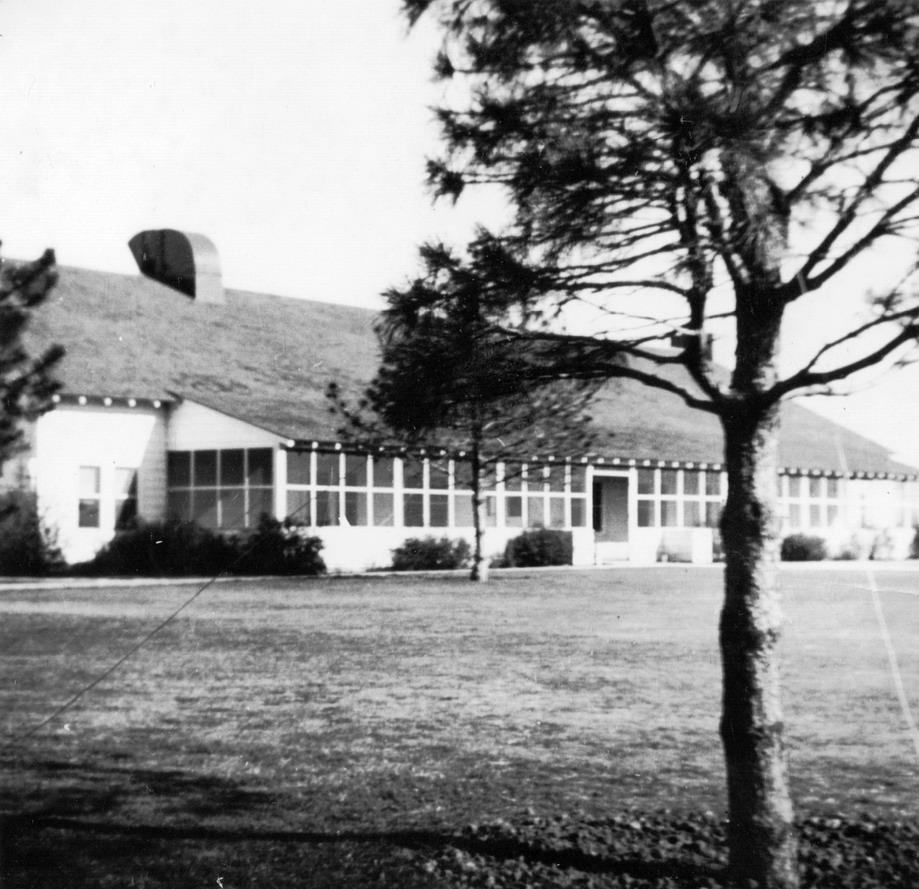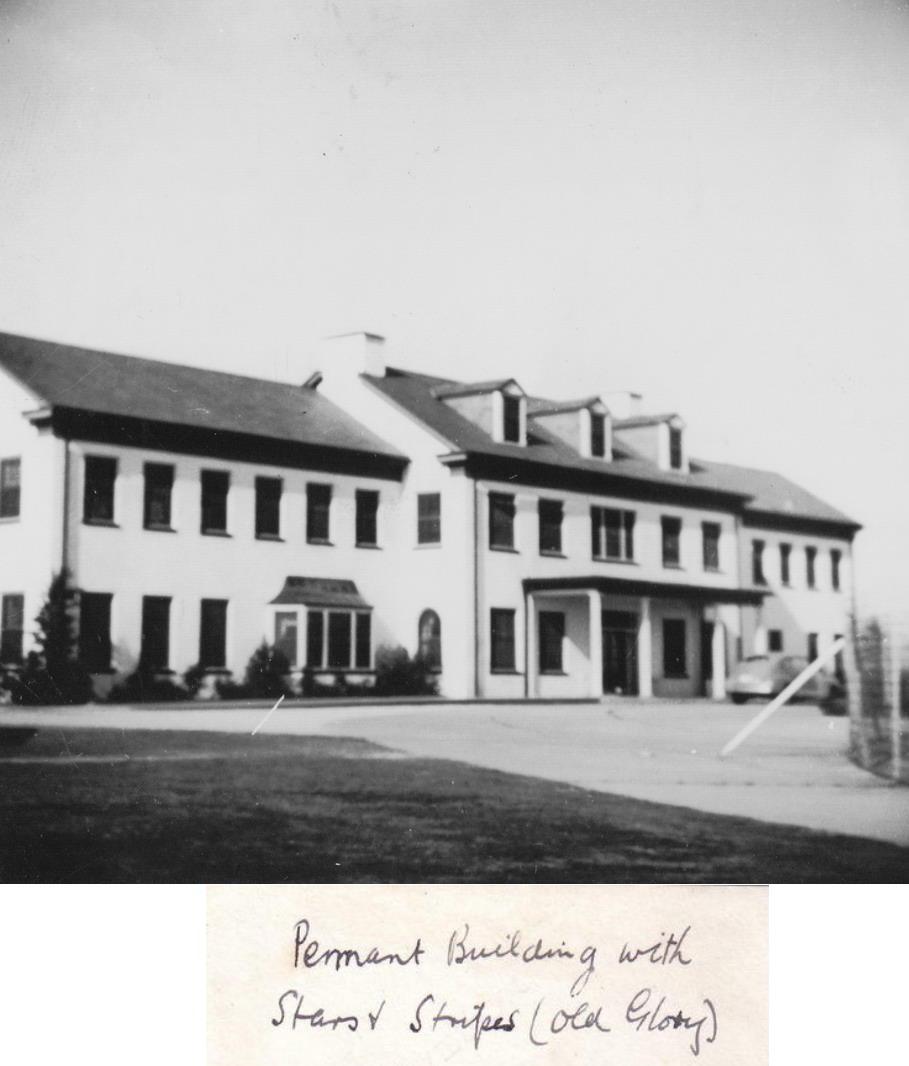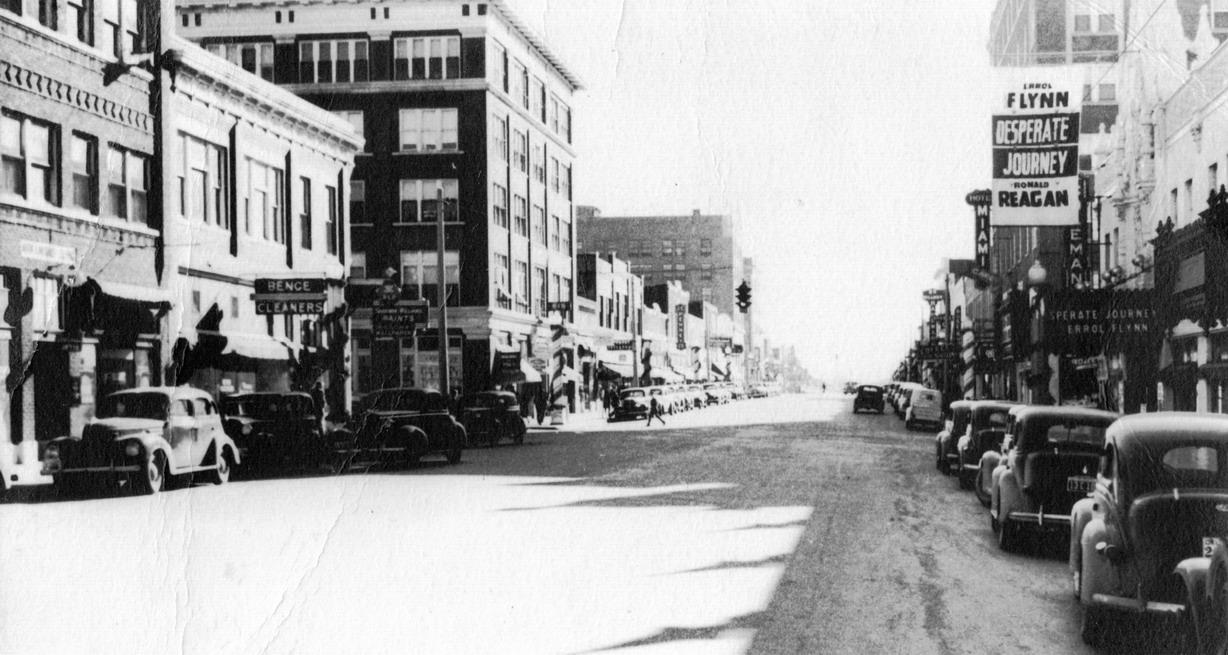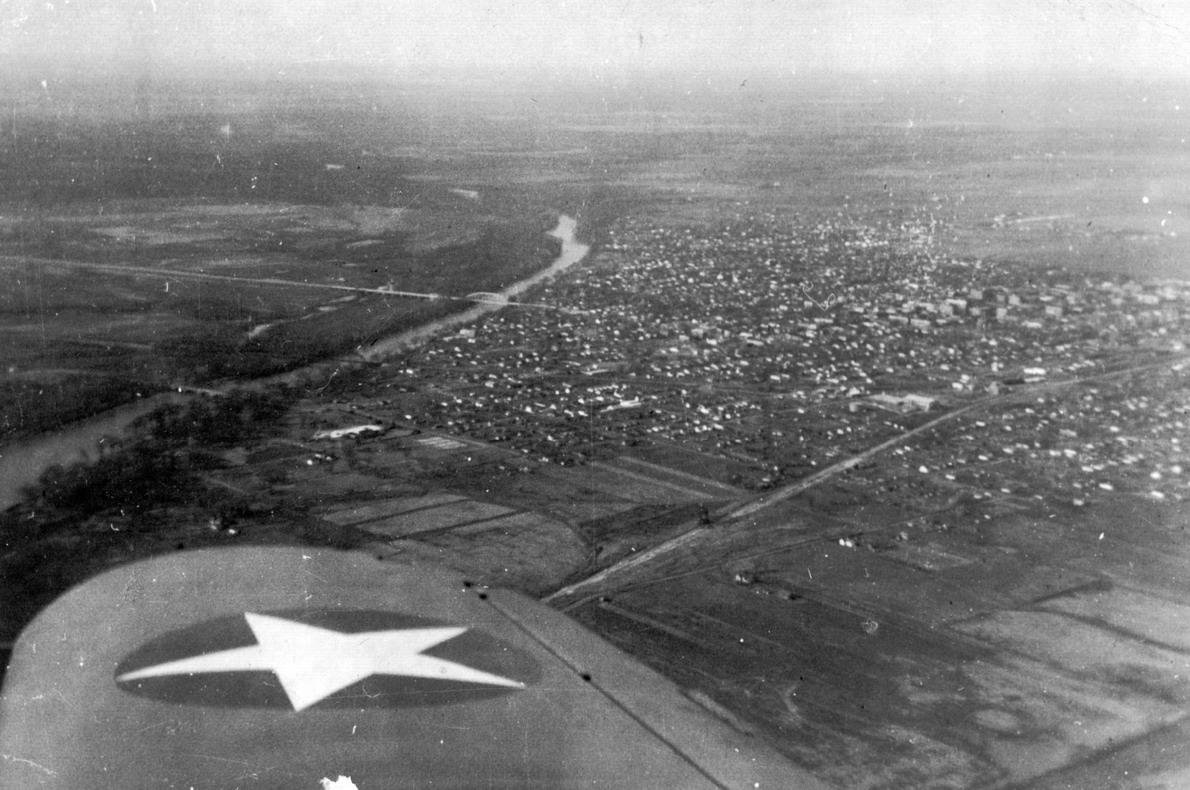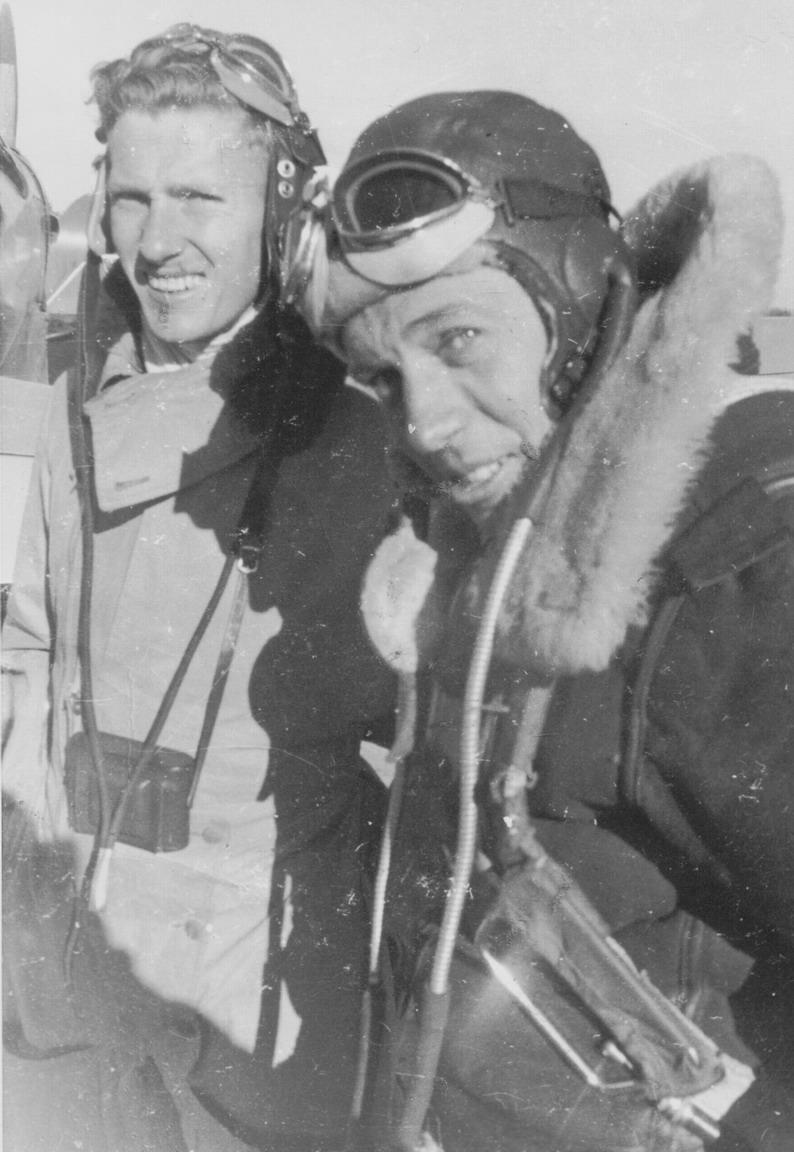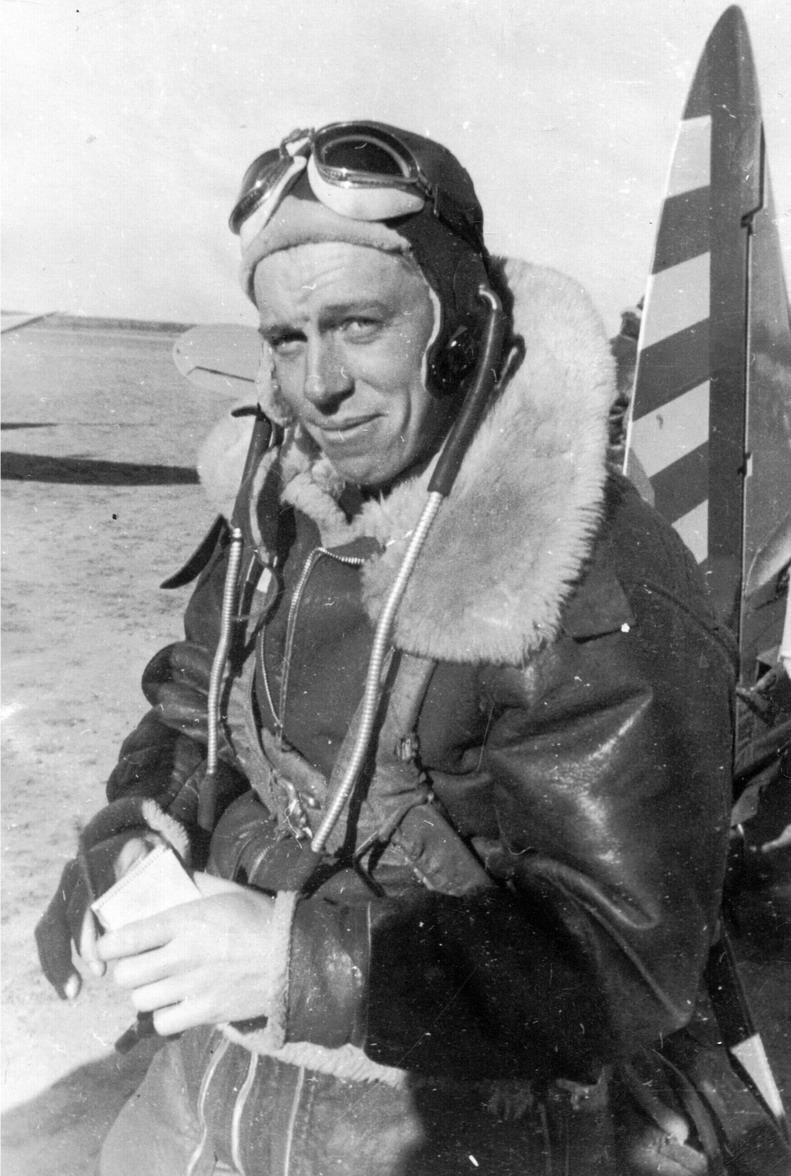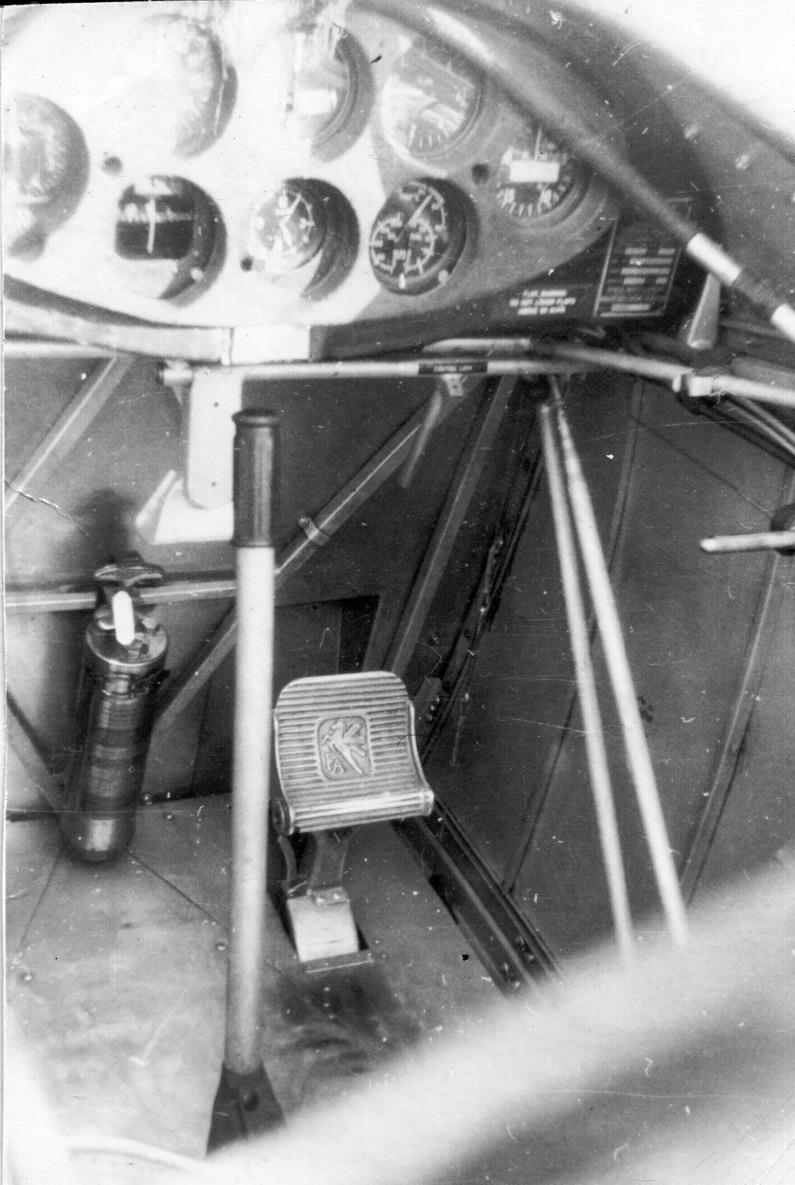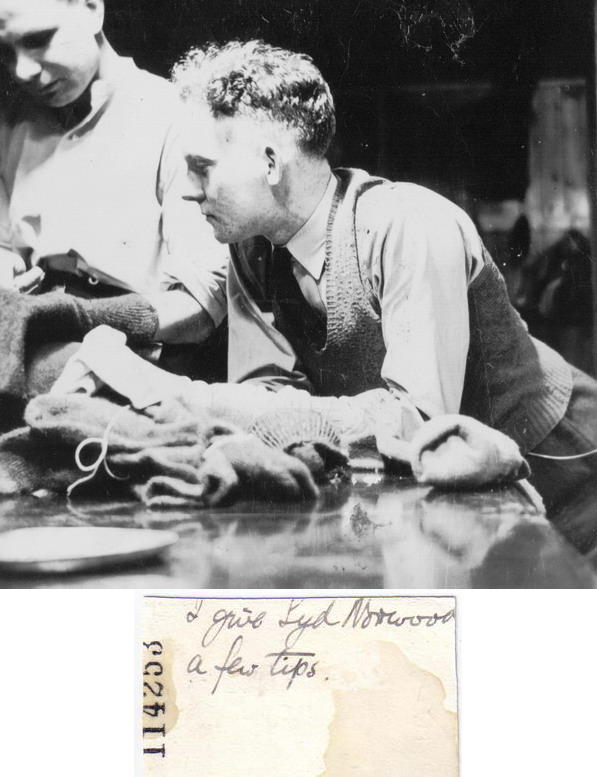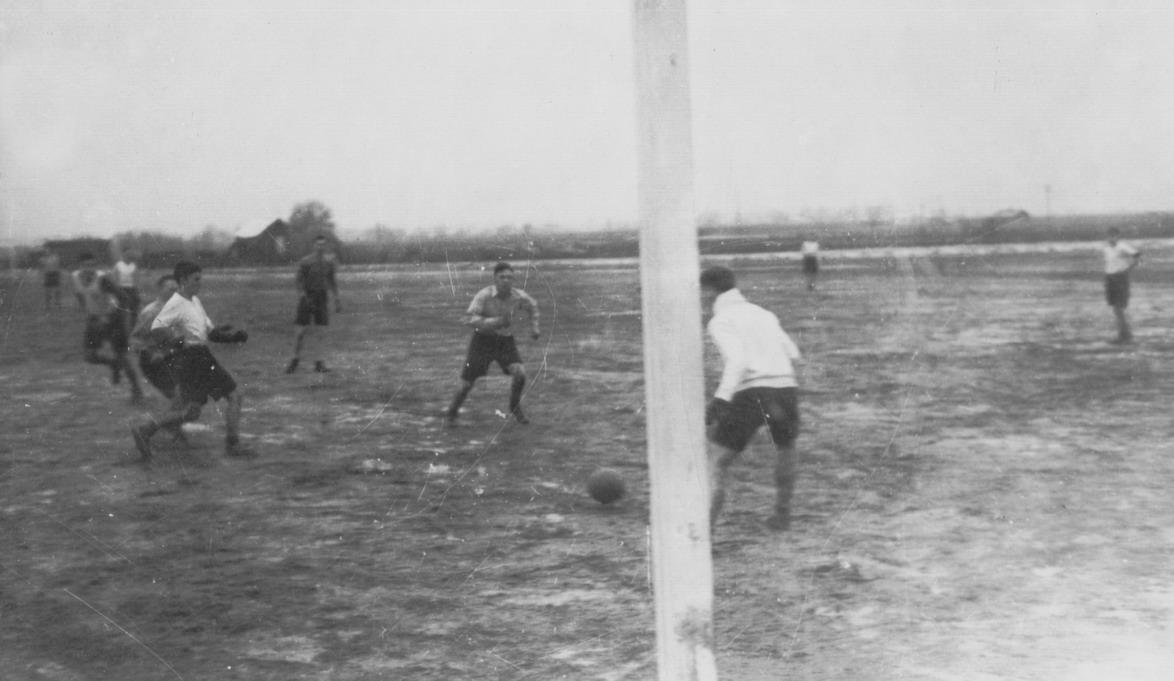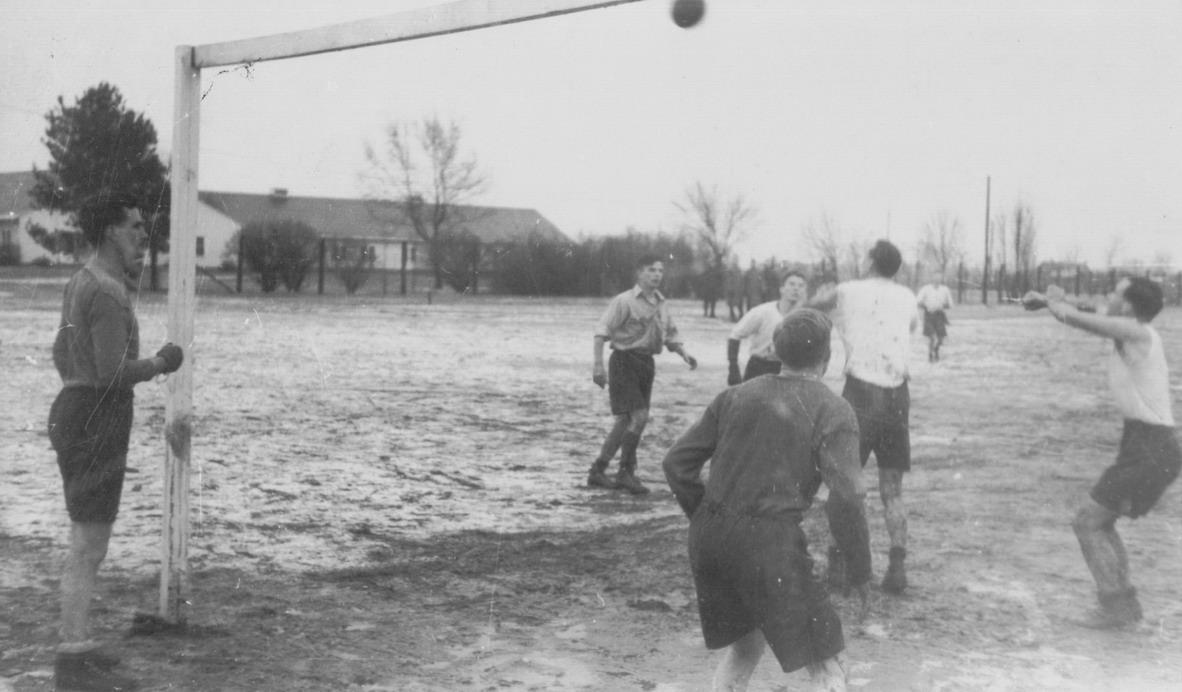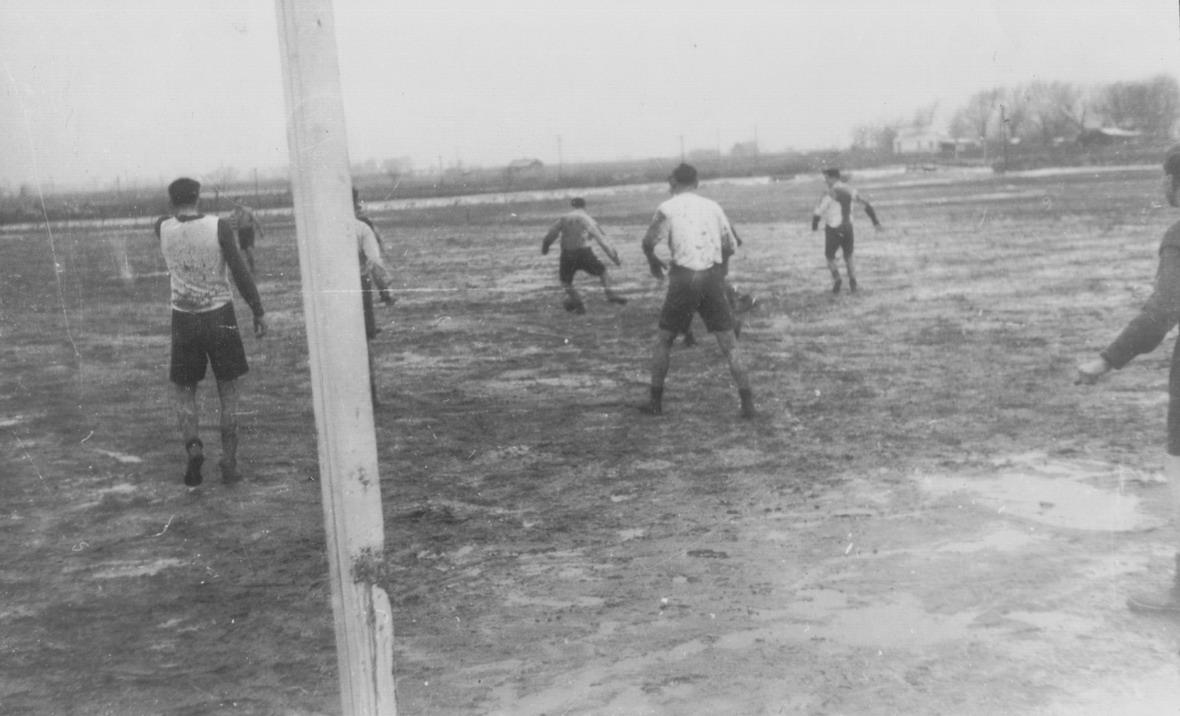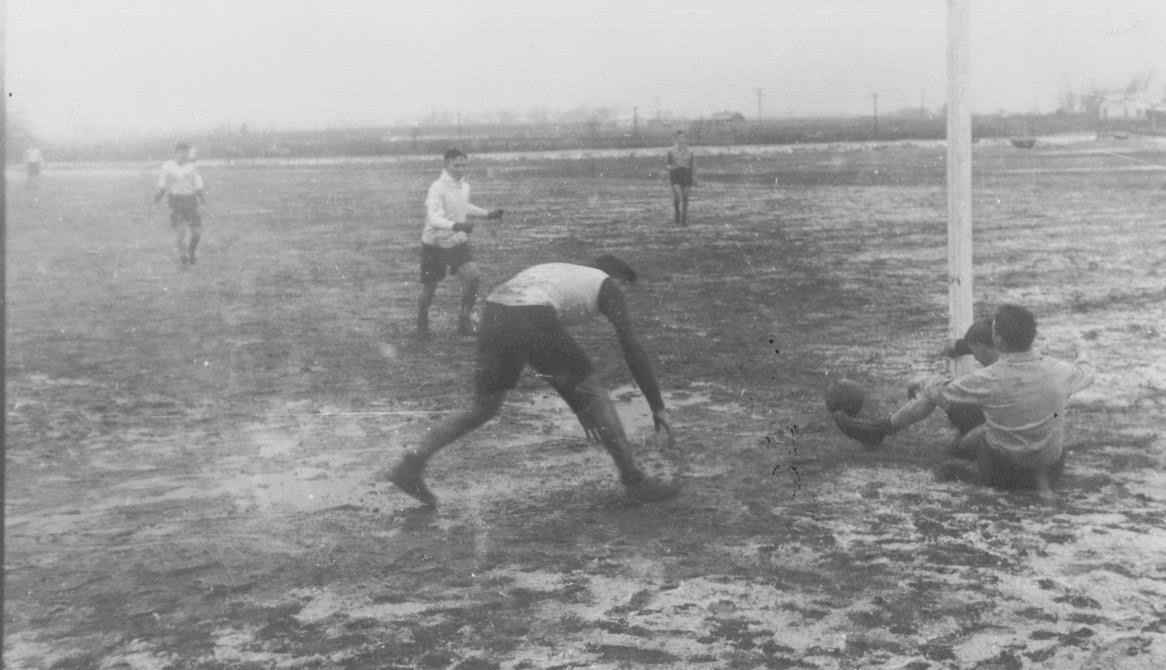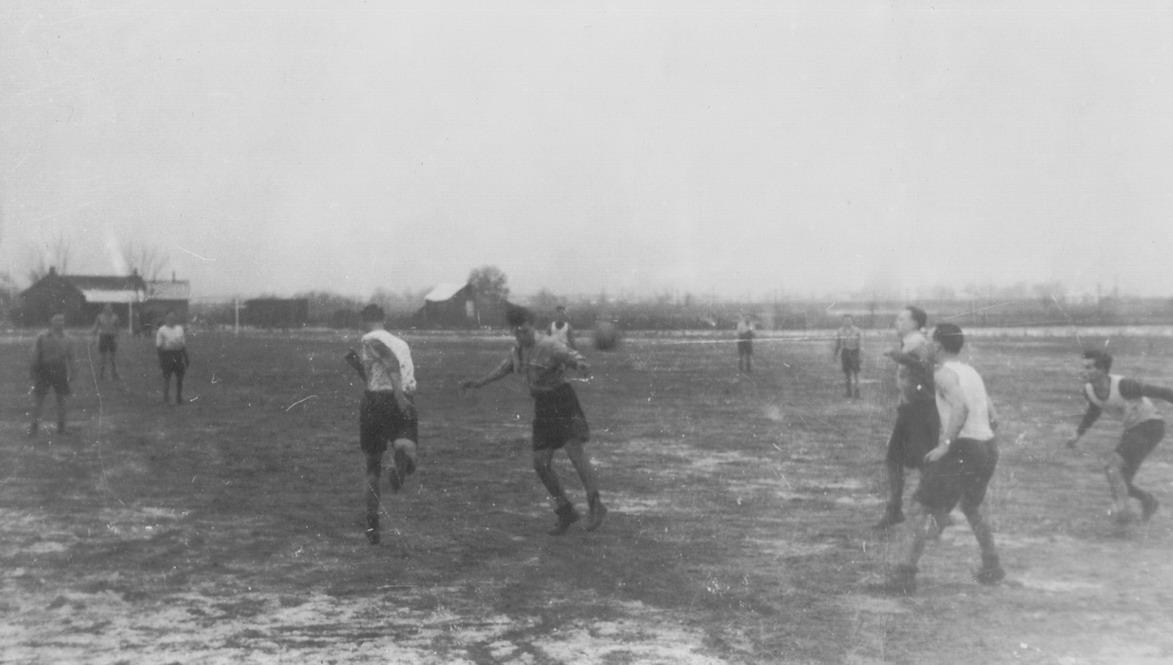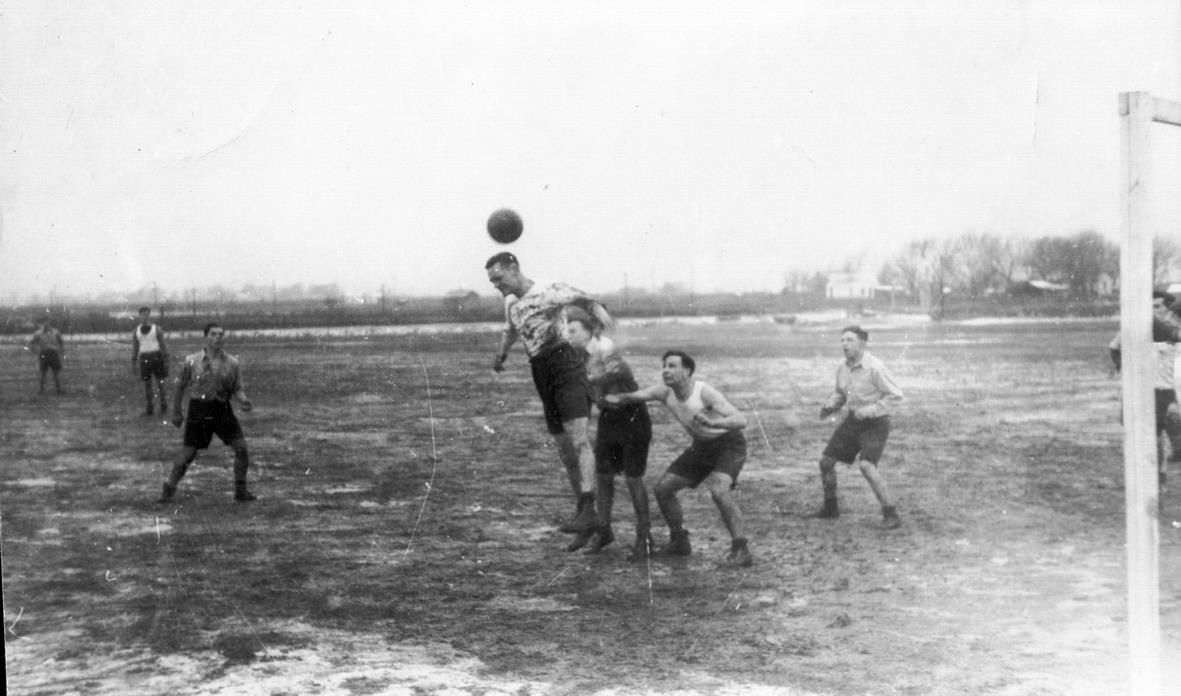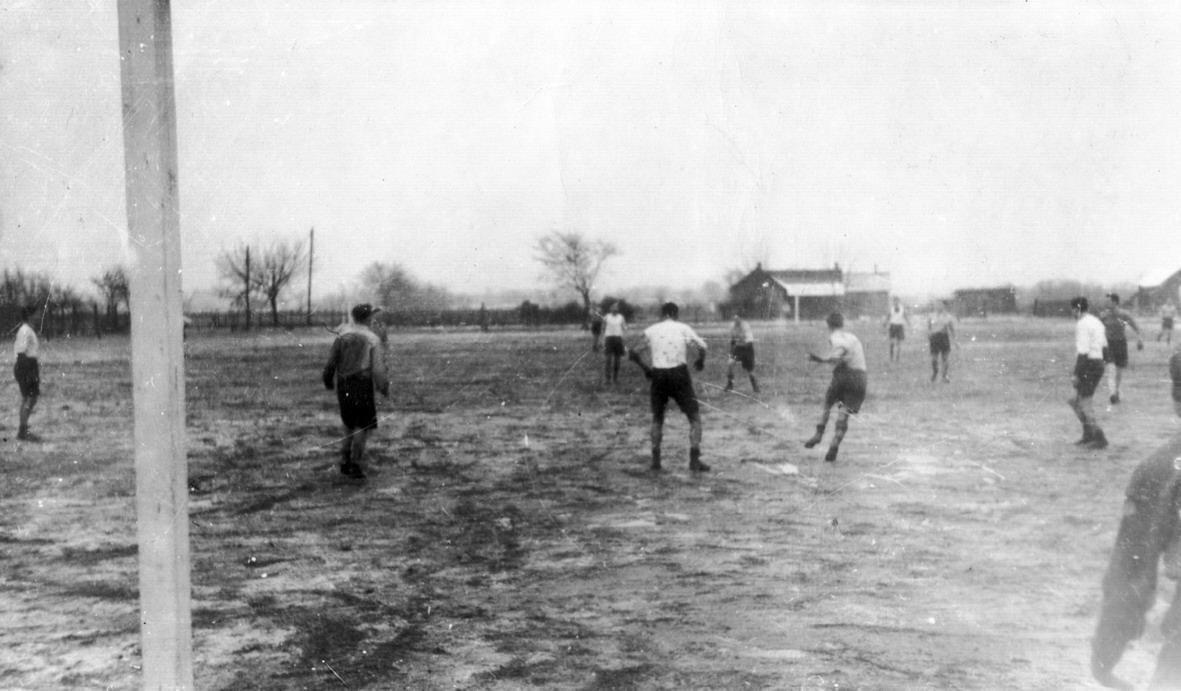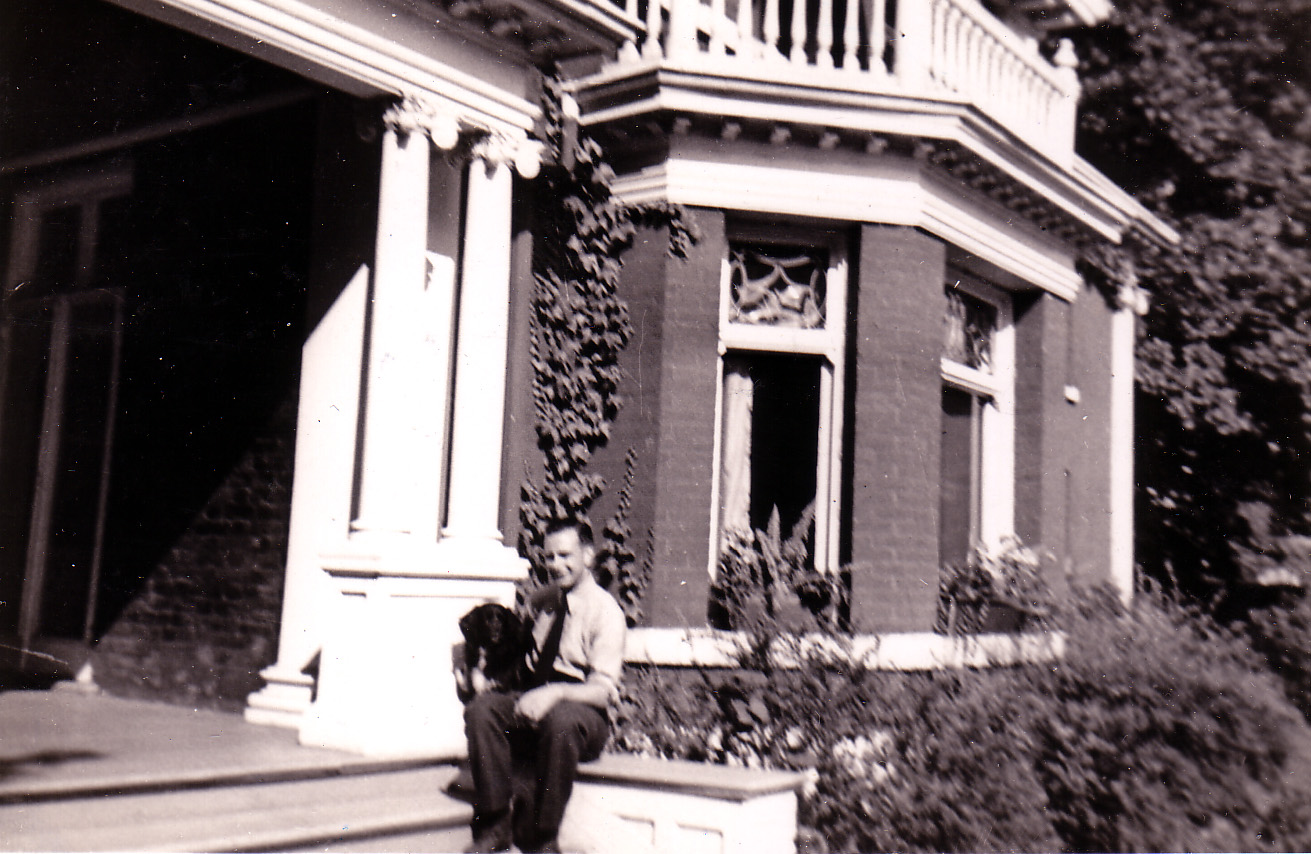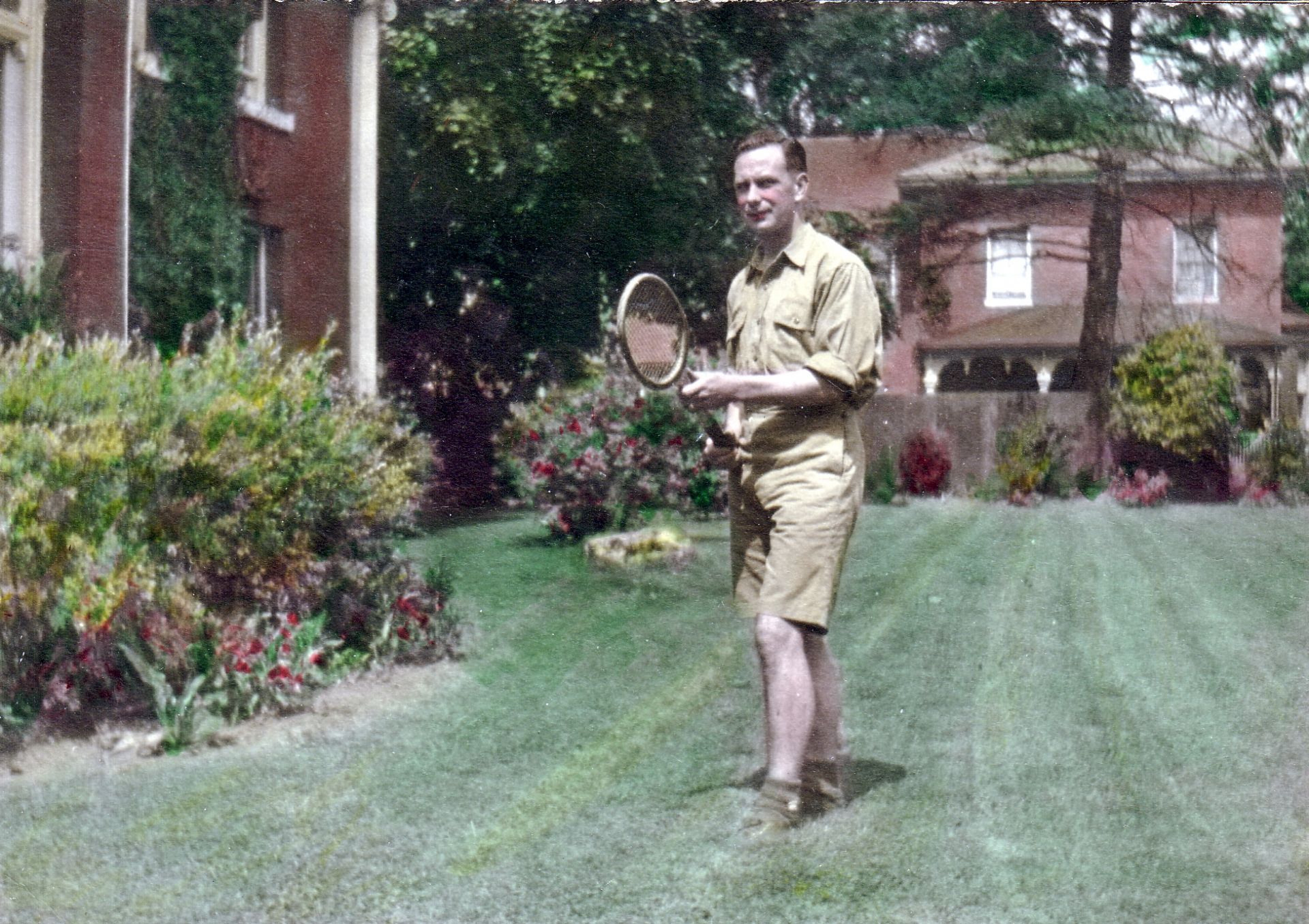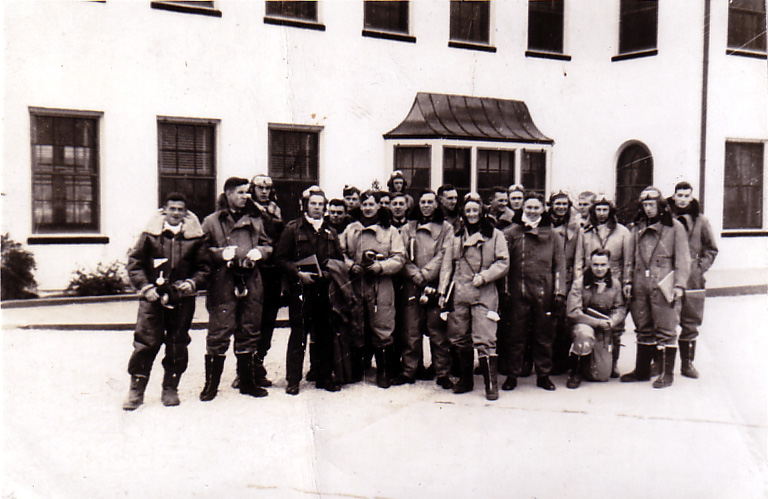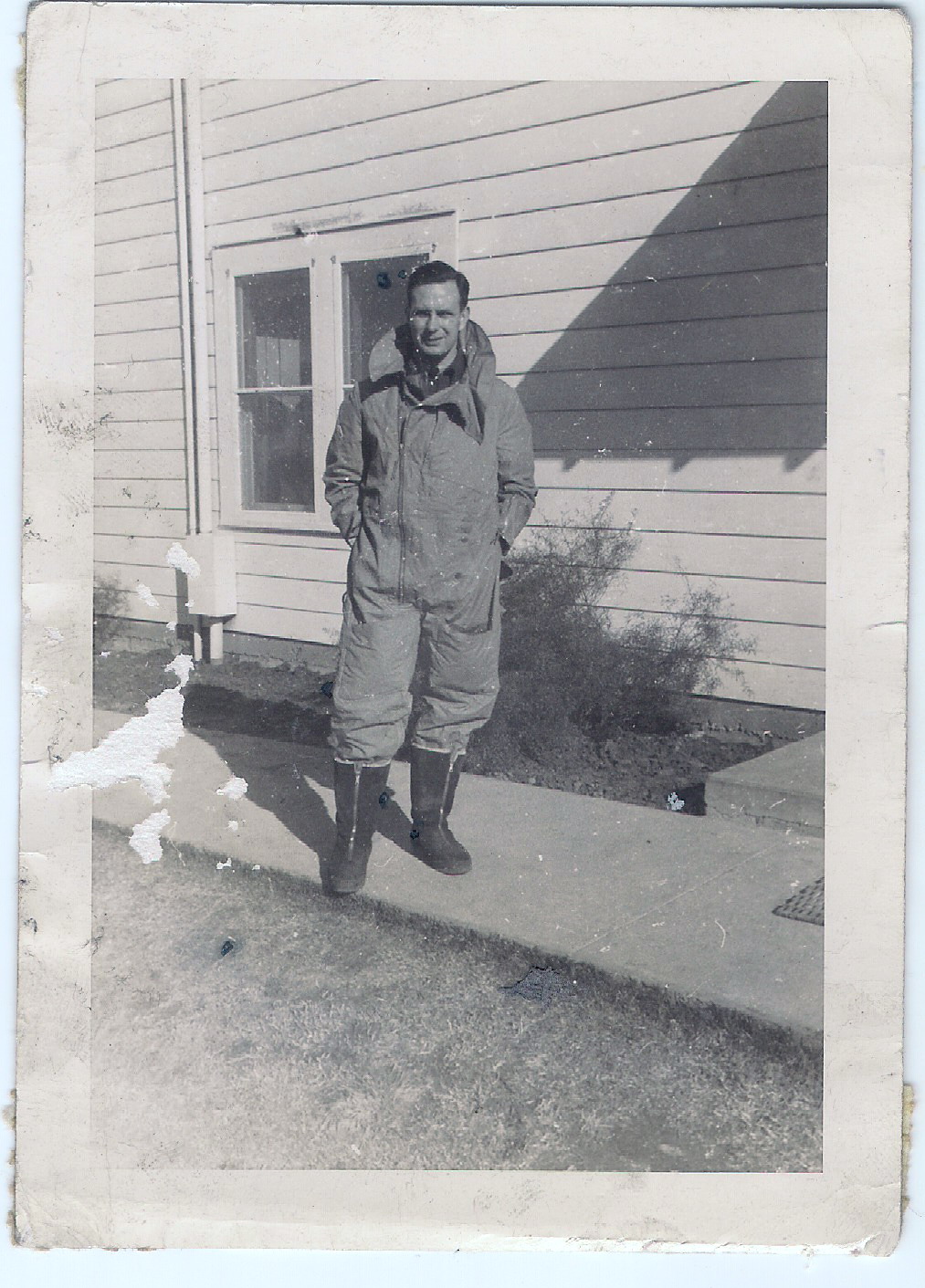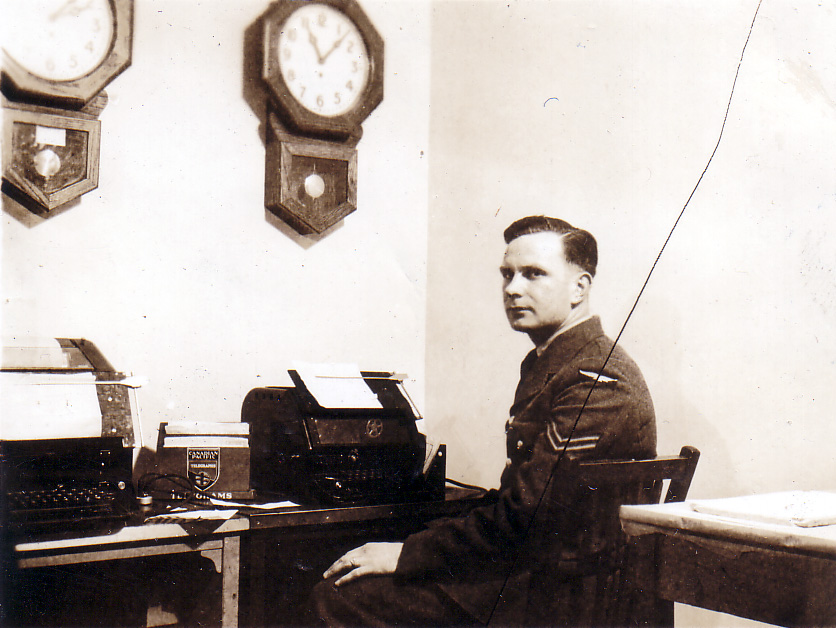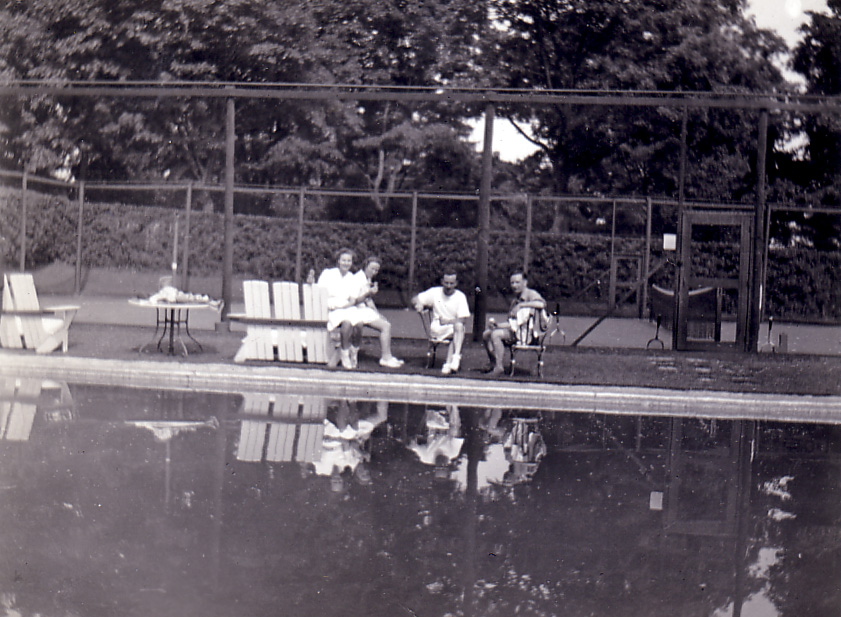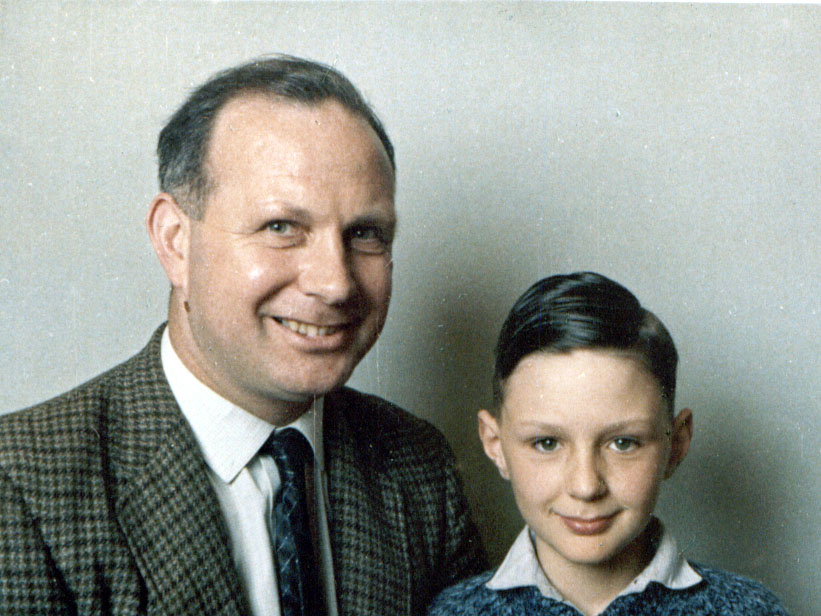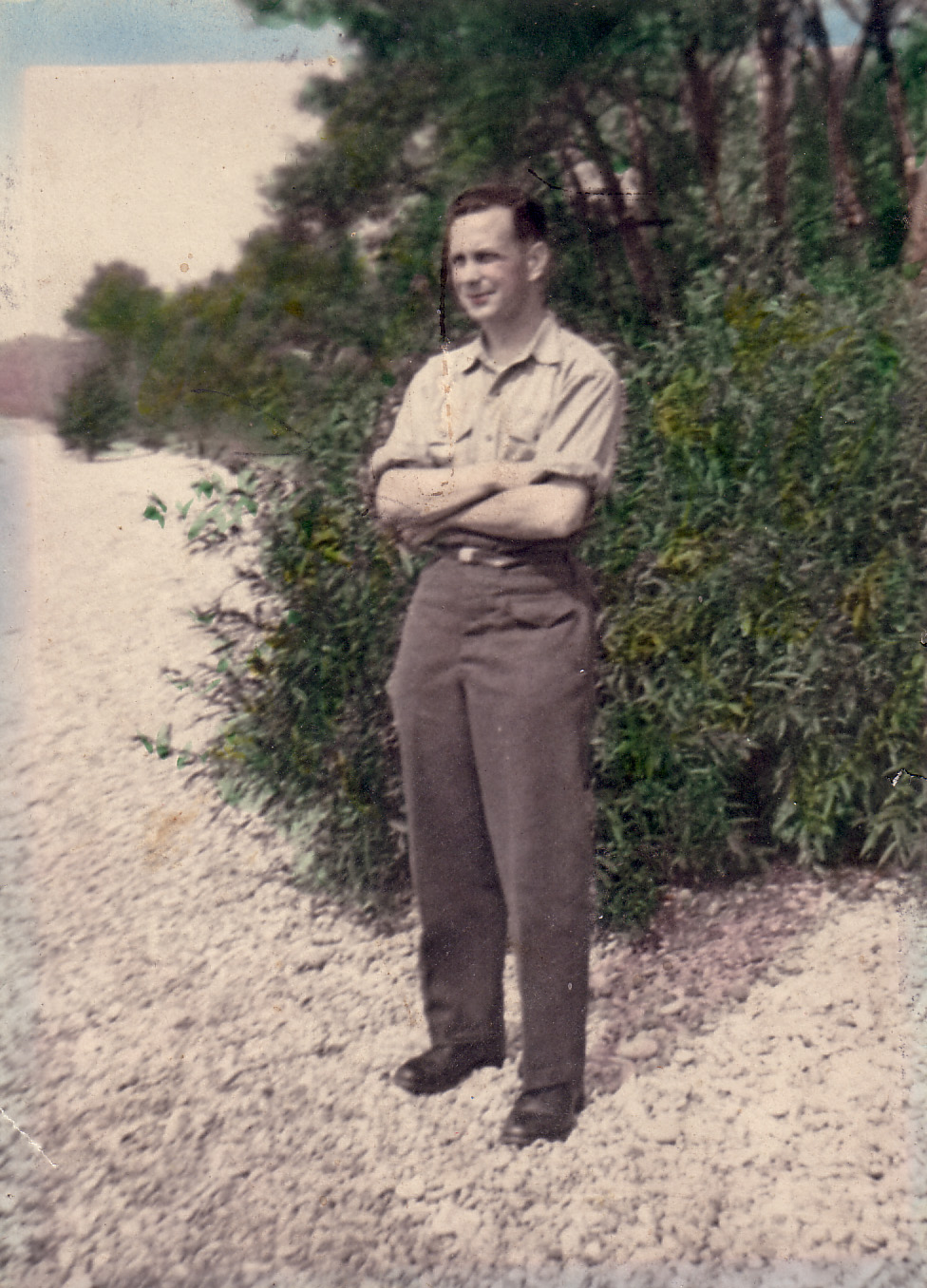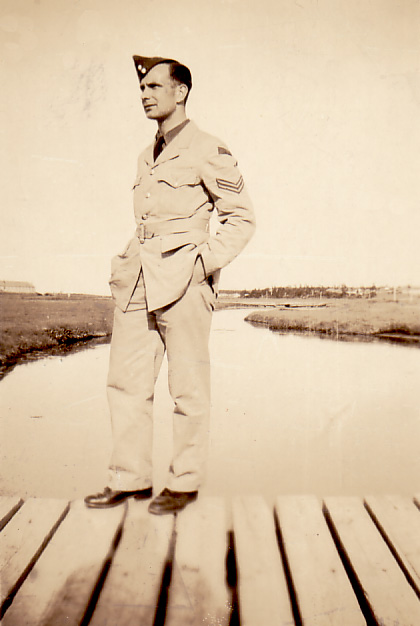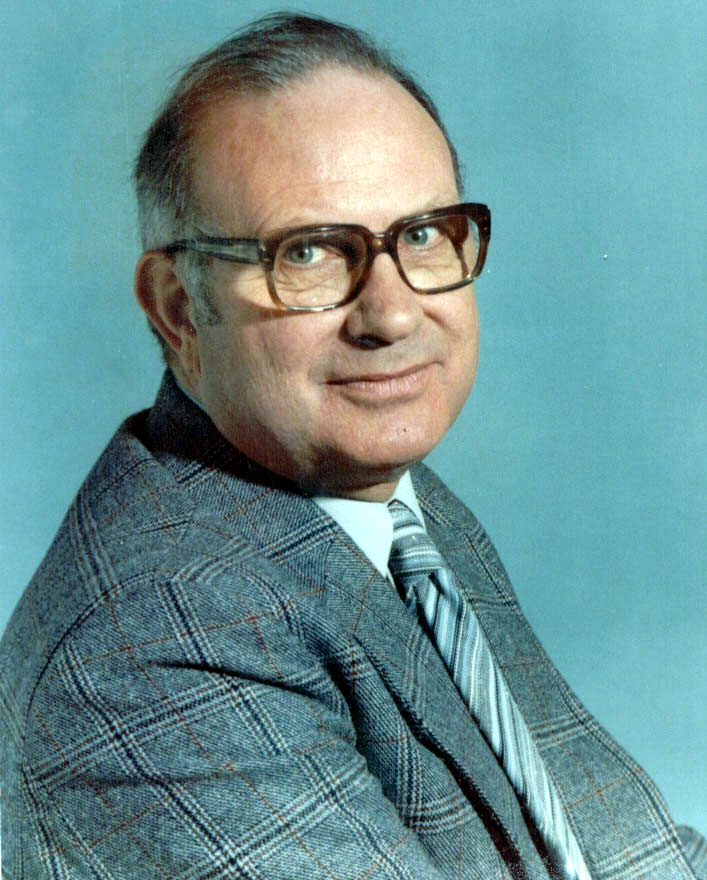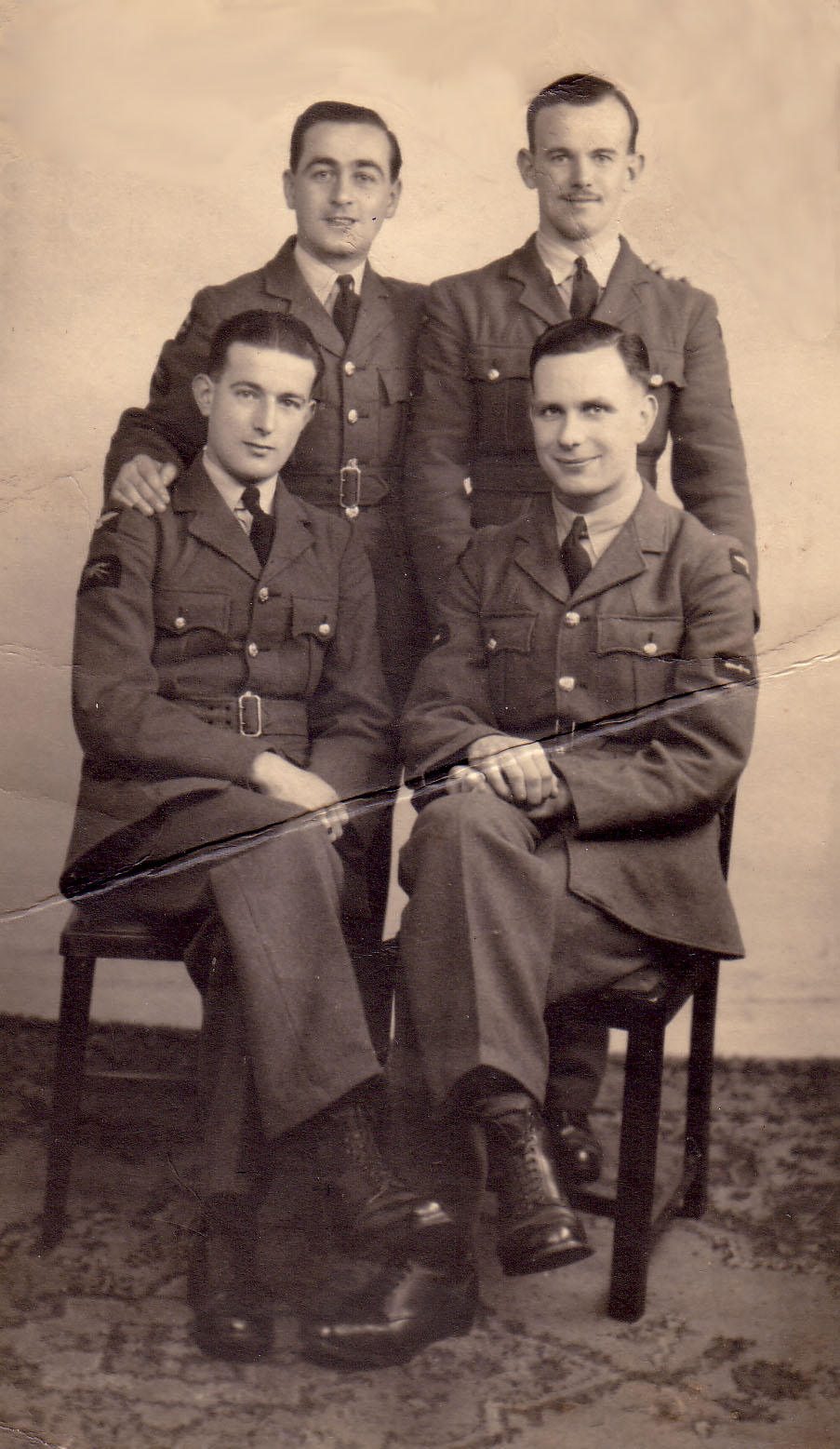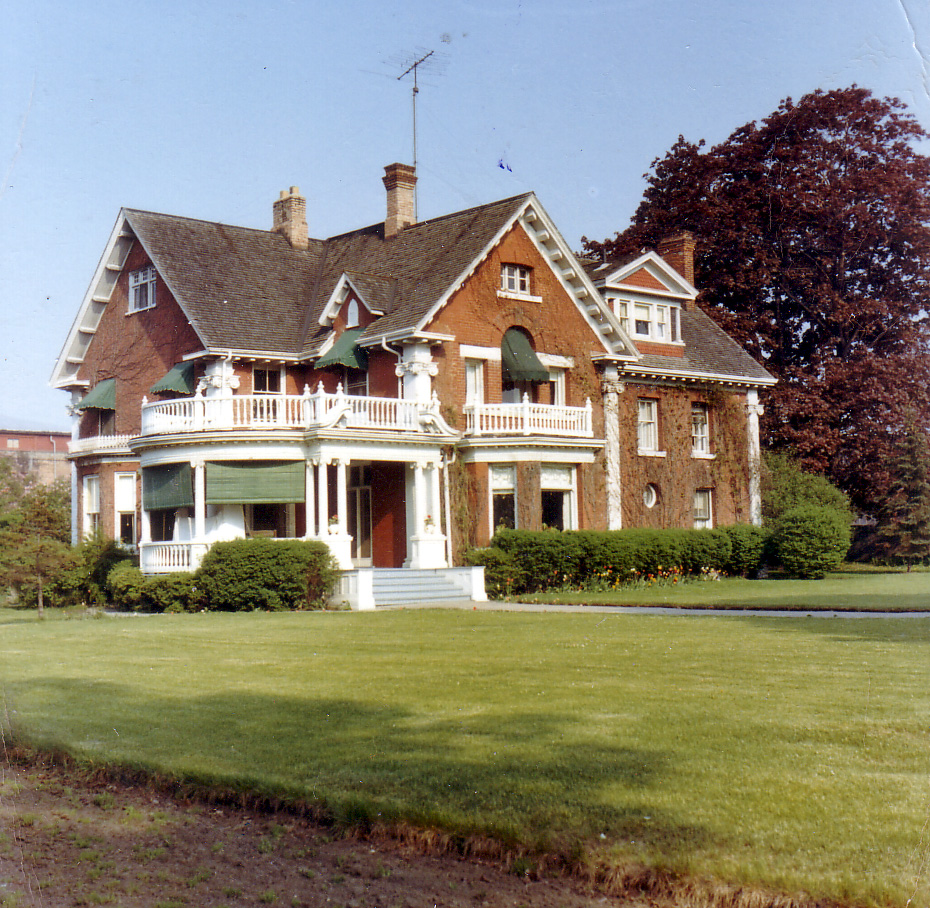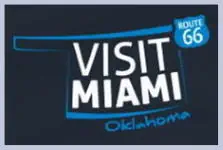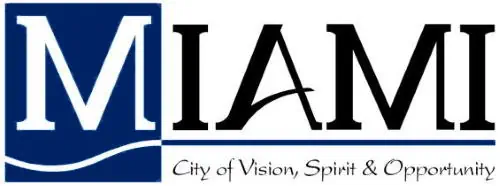B.F.T.S. No. 3 Cadet, Harry Holdcroft
Memoirs from his son Martin Holdcroft
June 2020
My dad, Harry Holdcroft married Betty Begley on the 30th, October 1939. On the 2nd of November the same year he was enlisted into the Royal Air Force (RAF). Before the war, Harry had been an insurance agent for the Prudential. At just 21 years old and 5ft 9 inches, he was declared A1 fit for military service. Following various training postings he was sent to RAF Shawbury, Shropshire, to join 11 FTS (Flying Training School). He arrived on 7th February, 1940. His trade was to be a Teleprinter Operator.
Being married he was able to have a maisonette on the outskirts of Shrewsbury. He would cycle to Shawbury when on duty. As the dark days of the Battle of Britain raged over the skies of southern England, Shawbury, dad put it was acting like a pre-war RAF Station. The 27 MU (Maintenance Unit) was tasked to repair battle-damaged aircraft from the southern airfields. However, dad noted that on the night shift the aircraftsman was sound asleep under the wings of the aircraft they were supposed to be fixing. As they thought they were so far away from the action, no one thought to even bother defending the airfield from attack. Things were to change on the 27th of June, 1940, when a lone German aircraft spotted the flare path lit up for night operations. Several bombs were dropped causing some damage. Shawbury was on the path of the Luftwaffe on its way to and from Liverpool. No casualties, but some damage to buildings. No warning came until after the raid had passed.
Over the next weeks, air-raid shelters were dug and dad was busy digging trenches and putting in telephone wires to airfield defences. A dummy airfield was set up some miles away to confuse the enemy pilots and further attacks. Even so, the airfield had several attacks on the evening of the 25th of September, 1940. Dad was cycling to work around the perimeter road reporting for night duty. Aircraft was heard overhead, as he cycled along he heard the sound of incendiary bombs behind him. Hitler was after my dad! He reported to Guard House and was put on a charge for being out in an air-raid. Such was the crazy thinking of the time, the charge was later dropped.
While at Shawbury he got his first chance of a flight in an aircraft, a Fairy Battle pilot offered him a trip in the rear seat. They flew over the historic Shropshire town of Iron Bridge, dad’s memory of this was he suffered deafness for several days such was the sound of the engine.
On the 3rd of September, 1941, dad was recommended for pilot training. England was very short of bomber pilots and crew, because of the attrition rate. Following this, dad was posted in readiness for pilot training. He began flying training at 9 Elementary Flying Training School in Ansty on Tiger Moth bi-planes. After eleven hours forty minutes, he did his first solo flight and was passed to continue further flying training overseas. He was then posted to ADC (Aircrew Dispersal Centre) Heaton Park, Manchester. Below is the entry from his war diary in his own words.
Tuesday 6th October 1942
15:45
Parade Supper Holy Communion
22:00
Left one stop from Heaton Park, destination unknown. Slept intermittently throughout the journey.
Wednesday 7th October 1942
05:30 circa
Arrived Gourock Pier and embarked on King Edward to be taken out to Queen Mary.
As dawn breaks observed 3 aircraft carriers, 1 American battleship in river. Country about very mountainous. Quite a few Catalina’s moored about besides many big ships.
08:00 circa
Left Gourock Pier for the Queen Mary. On the way passed a small steamer, Queen Mary 2. My room on QM is B Deck 145. Very lucky only 3 of us in it. Jack Mc Kinnor and Stan Easter. All others appear to have 6 or more.
09:30 circa
Detailed as a potato peeler for voyage, not yet so unfortunate for we have very best of food. How I wished all the folks at home could see this white bread and abundance of good things. First spell spud peeling during afternoon. Also saw 2 Sunderland’s landing, a submarine, what a day.
18:00
Set sail down the river, but moved about a mile and a half farther away. Terrible weather. (First thing I noticed on QM was the badly dented bow. Secret being that it had cut a cruiser in two on October 2nd, Cruiser sank immediately) Question is; shall we sail in convoy, or not as a result of this.
Dad would have been in a lot of trouble at the time as he was not allowed to keep a diary or keep any information on aircraft that he saw, or indeed the damage to Queen Mary which we now know was the HMS Curacoa. Dad recalled the bow of the Queen Mary being filled with concrete as a rush repair. On-board were many Canadian troops returning home injured in the failed Dieppe raid. What dad did not know at the time, and I have only found out in recent years, is Hitler had pledged one million Reichsmarks to any U-boat captain that could sink the Queen Mary.
The weather as he crossed the North Atlantic in October was terrible, North Atlantic rollers picked the ship up and then the waves were higher than the ship. As a result dad became very seasick. He started his duty as spud peeler, an hour later he was promoted to confectioners shop, none of which help the seasickness. As they sailed on, they speculated if they would dock at New York or Boston, no one knew. On the 12th of October. 1942, a Canadian officer who had died on board was buried at sea. The ship sailed south and then north in a zig-zag manner to avoid an attack.
Eventually, he docked in Boston. From here he boarded a train to 31 PDC (Personnel Dispatch Centre), Moncton before being posted to No. 3 British Flying Training School, Miami, Oklahoma, to join course #13. He arrived there on 17th of November, 1942, and began flying training in an open cockpit PT19A with Mr. Chambers, a civilian instructor. Dad found it difficult to follow his instructions as the means of communication was via a speaking tube. To make matters worse, Mr. Chambers had a strong deep south American accent. Flying in the open cockpit dad soon became airsick during spin exercises. However, he carried out his first solo on the PT19A aircraft number M- 12 on the 1st of December, 1942. He continued his flying training until the 17th of December, 1942, when he was suspended as he was deemed unlikely to reach the standard required of a serving pilot. He had completed 24 hours and 56 minutes dual and 4 hours 21 minutes solo in total. The reason given by the C.O. (Commanding Officer) was poor landings. He had the option on being re-mustered to air-crew or navigator, but he was nervous about being airsick on operations. He hoped he would be kept on as a link trainer instructor or compass swinger.
In the end, he was posted back to 31 PDC Moncton as a teleprinter operator. Here on night duty he occasional wrote plays with other teleprinter operators all over America. I still have the fragile paper with one of the plays. Life was good in Canada and was billeted with a wealthy Canadian family who had owned a big house, tennis courts, and an outdoor swimming pool. He managed to travel across Canada to visit relatives in Vancouver and visited many tourist sites. Dad came home on HMS Corfu on the 15th of March, 1945. He ended his war at Leighton Buzzard Central teleprinter hub. He was now a Sargeant and discharged from service on the 18th of April,1946. He remained on the reserve list until the 2nd of March, 1959, which was my fourth birthday.
After the war, there was a great shortage of teachers, so dad trained as a teacher and was first hired at a primary school as a trainee and in the early 1950s at Chasetown, Staffordshire, Secondary Modern School. In 1954, he became Head Master of a rural school in Ashley North Staffordshire and remained there until he retired in 1980. While at Ashley, I went to his school for five years, father and son at the same school, different! Dad sadly died of incurable bowel cancer on the 8th of May, 1983. I was just 27.
It is true to say that had dad succeeded in training as a pilot he would have probably come back to England as a bomber pilot and may not have survived the war. His time in the USA and Canada greatly enriched his knowledge and he thankfully passed on many stories and all his wartime papers to me. As a headmaster, he was greatly respected and loved by both parents and children. He was a great father and I loved being in his class for my final year at his school.
Martin Holdcroft
June 2020

